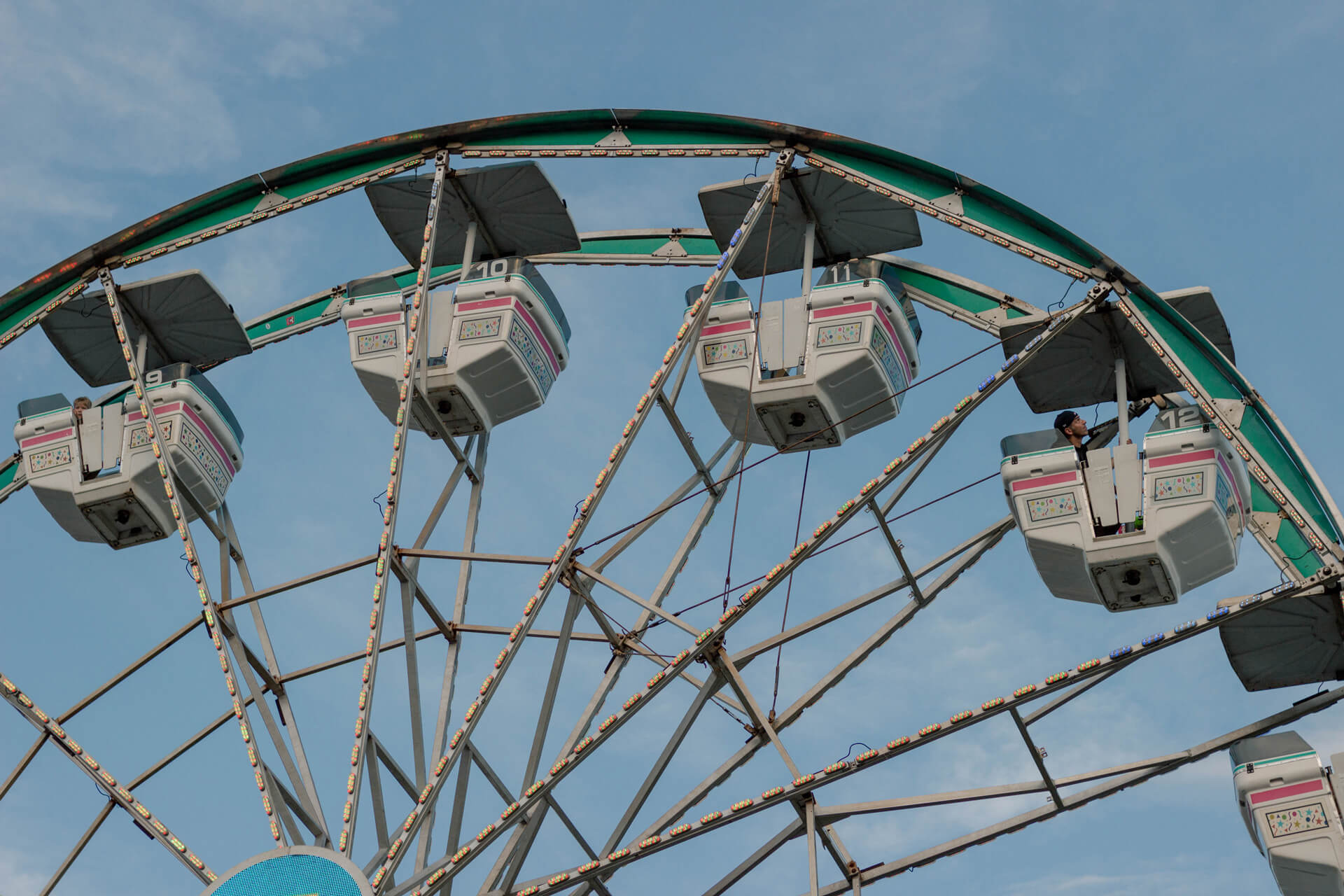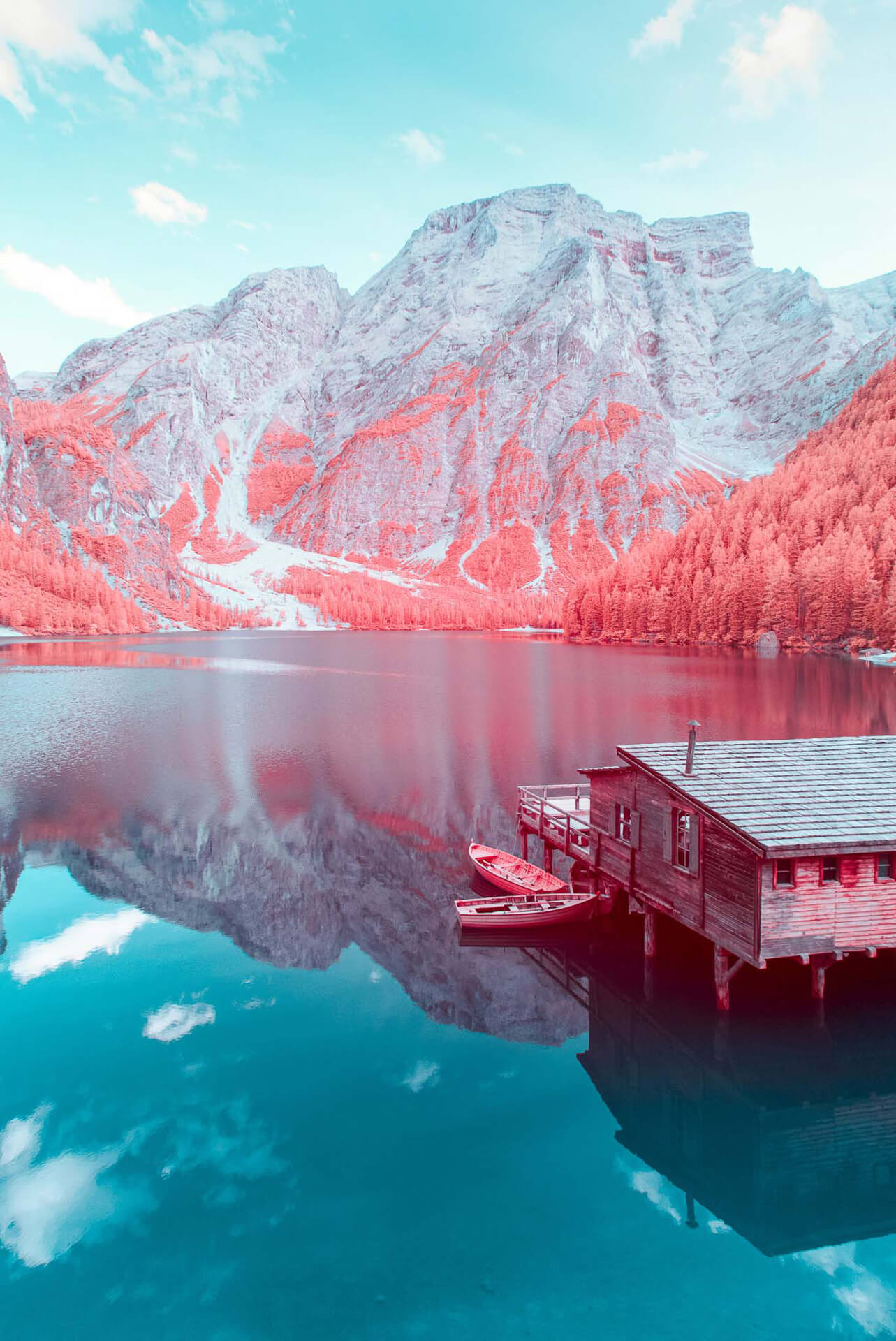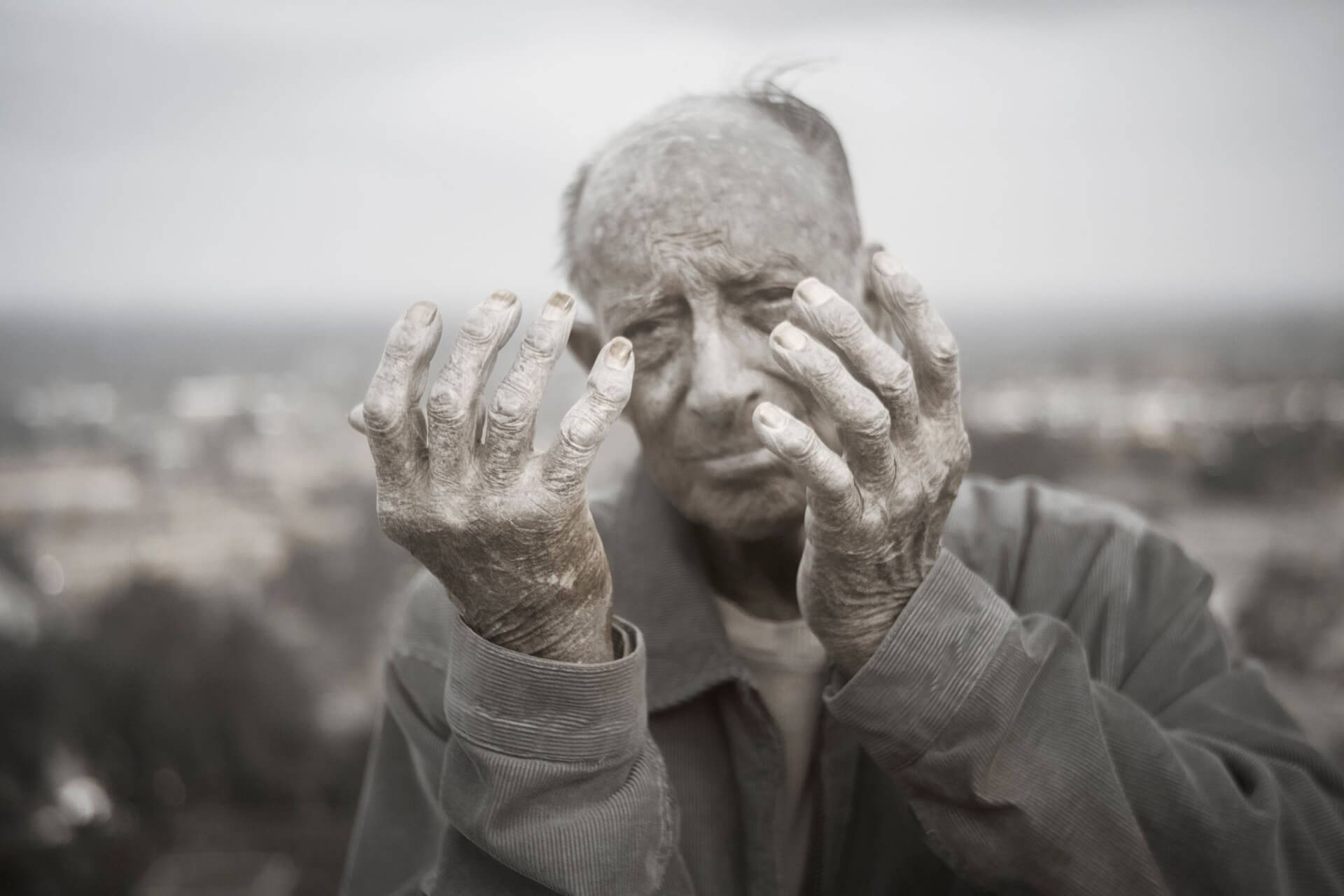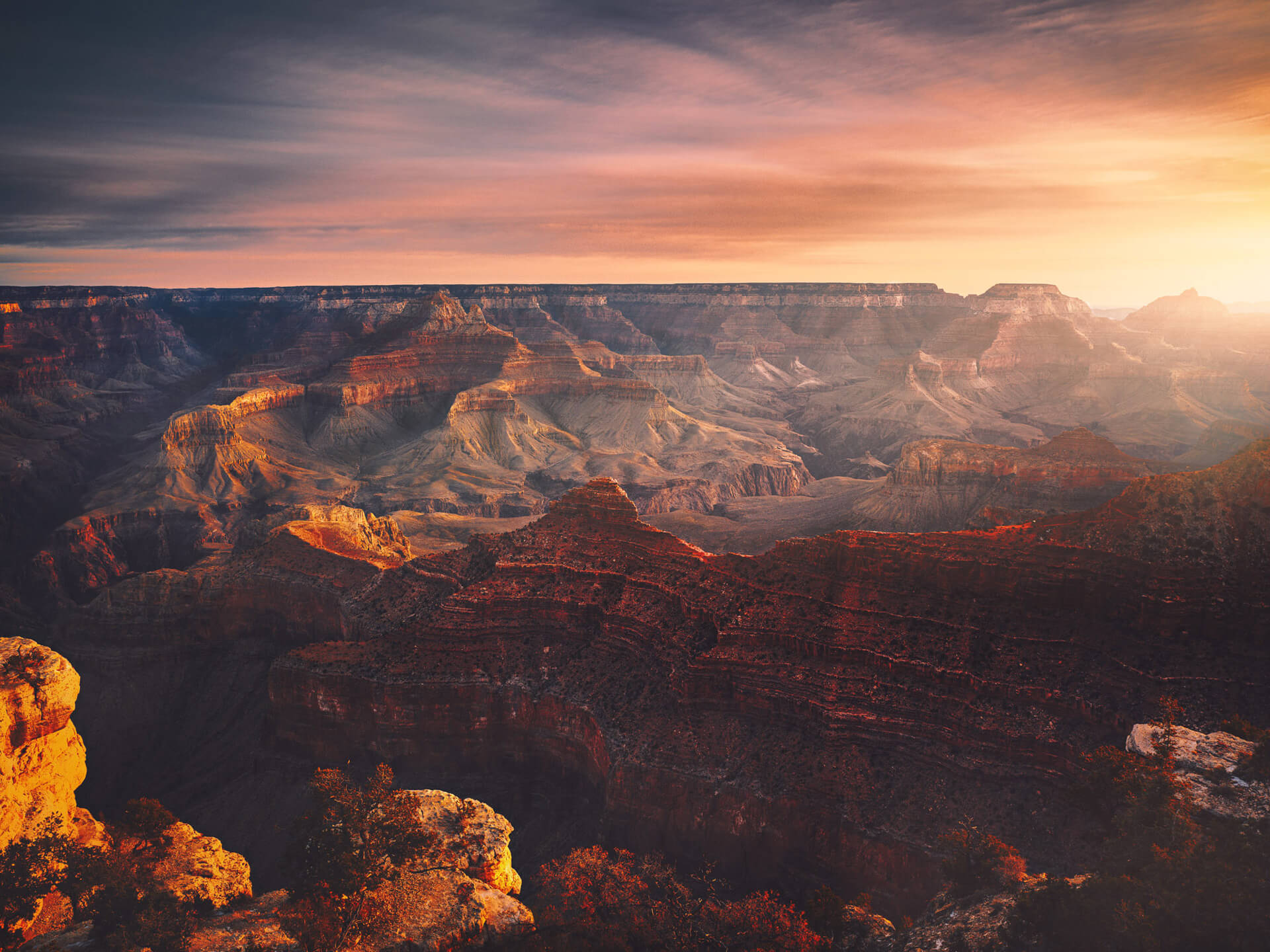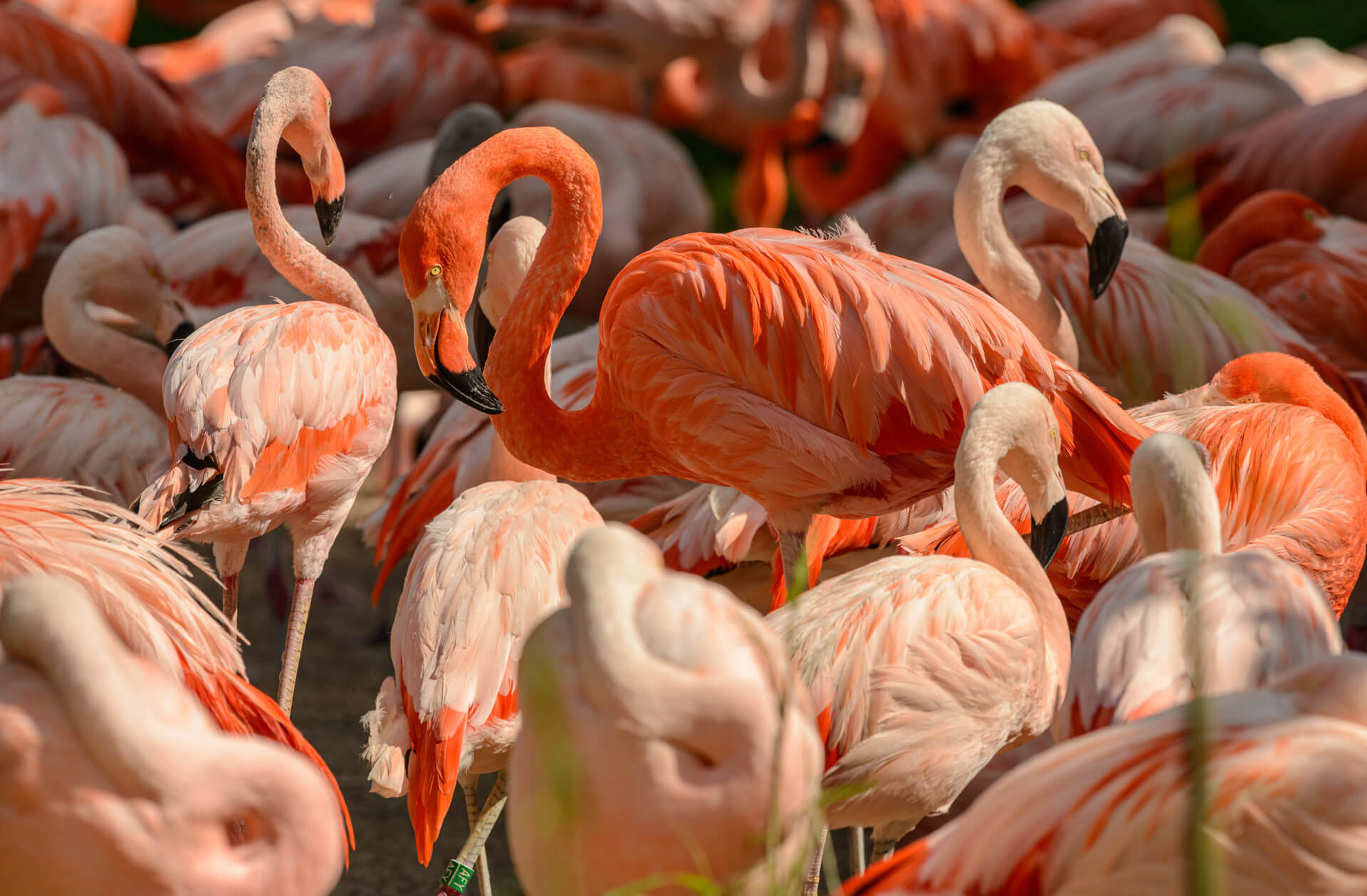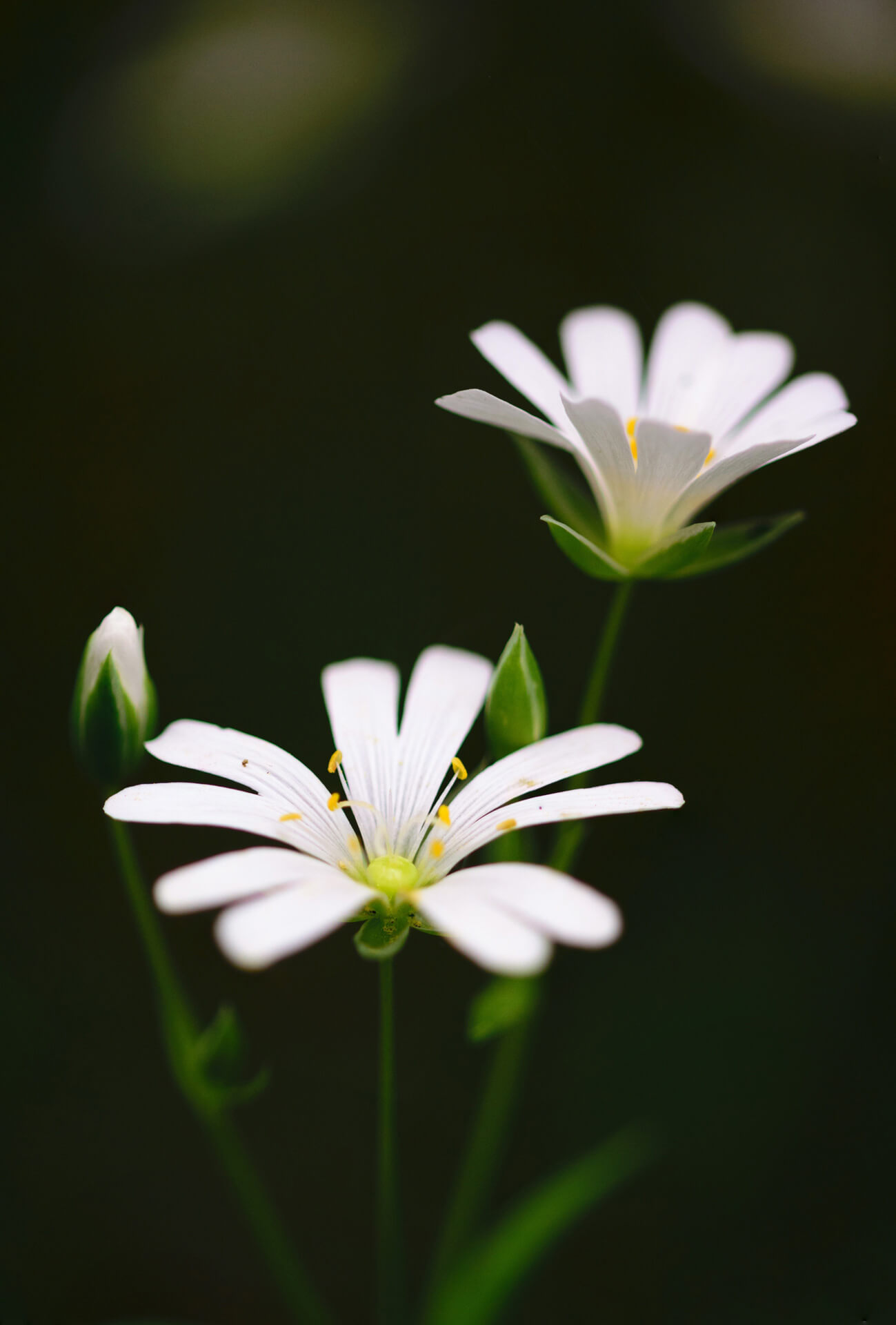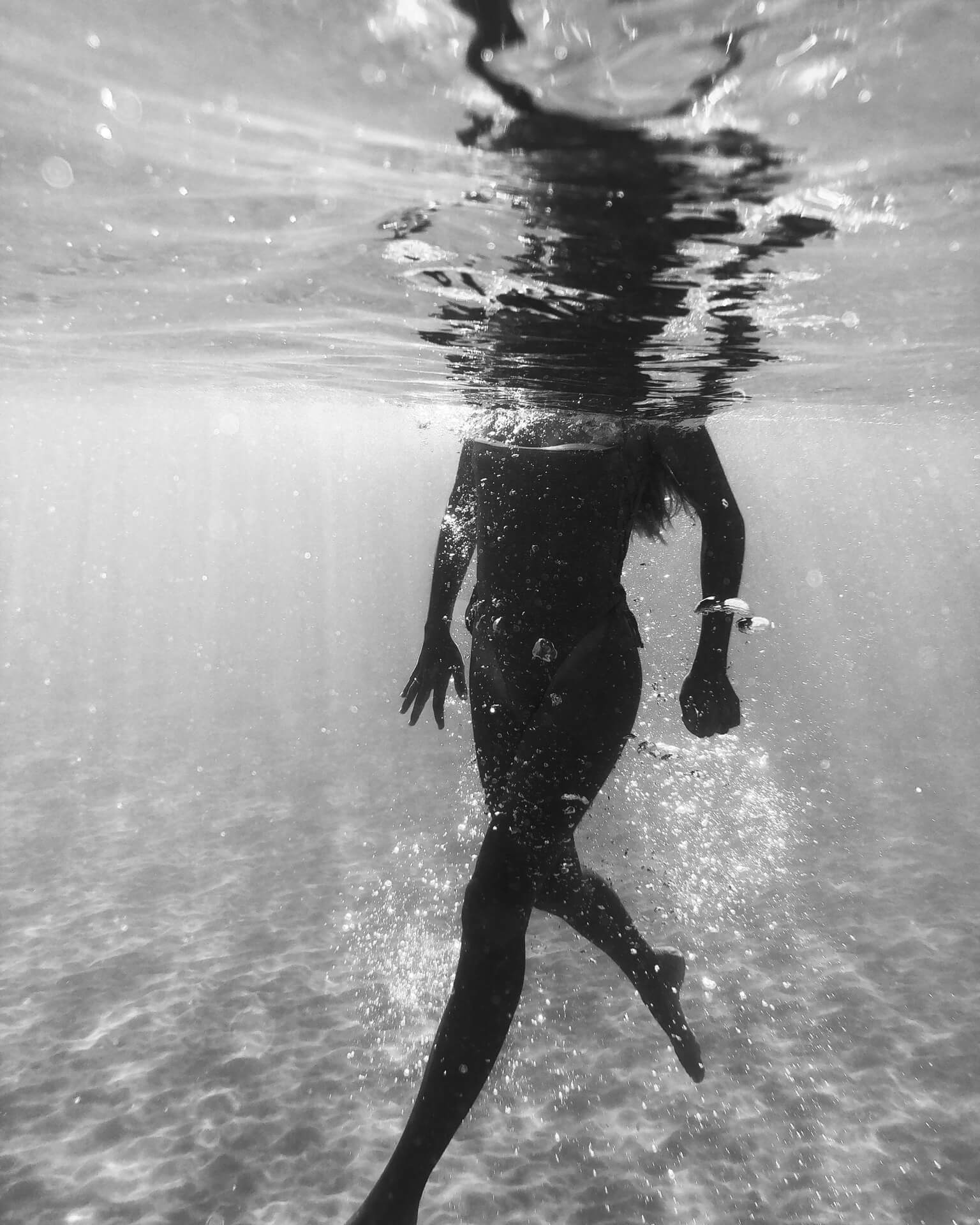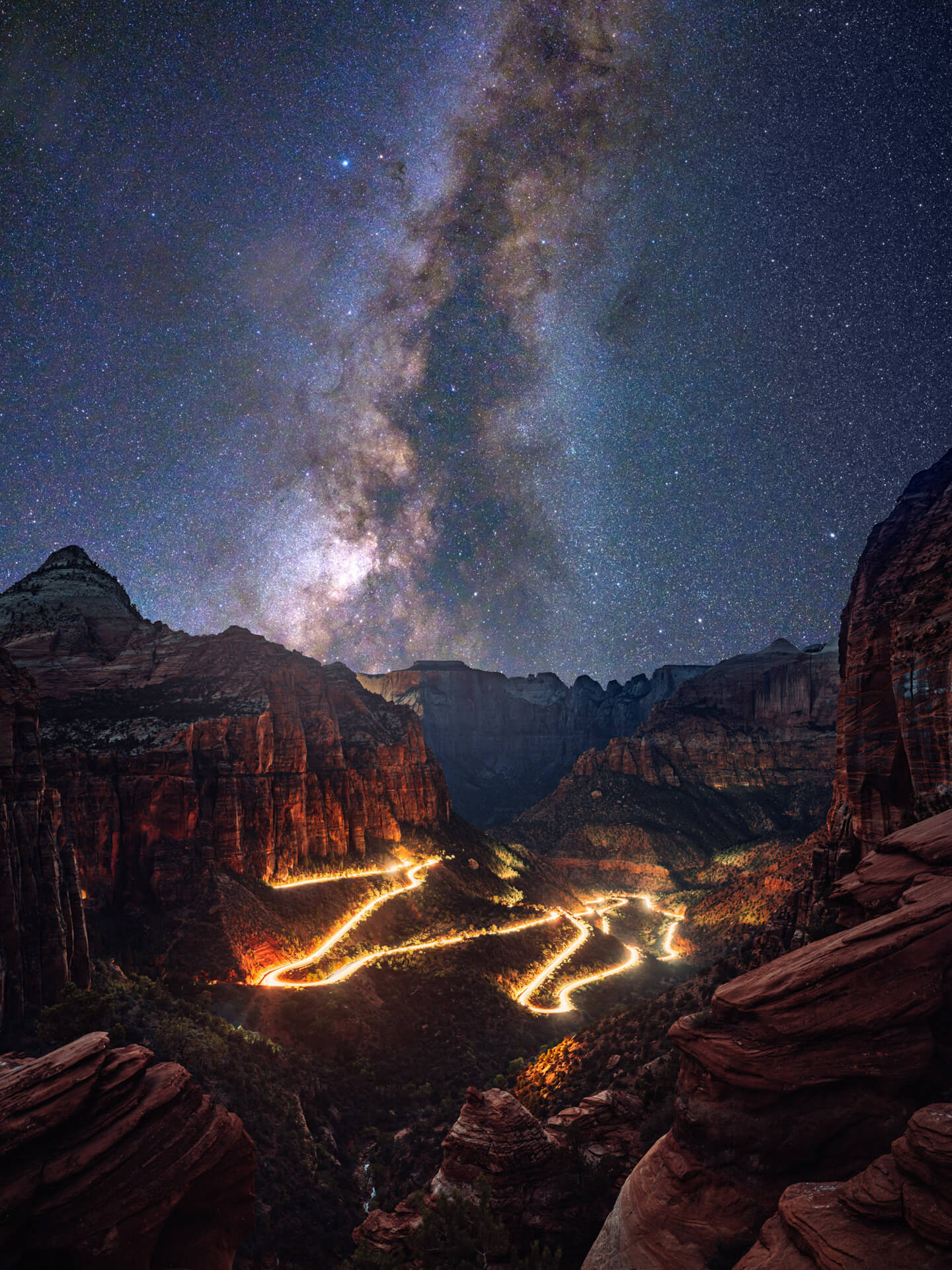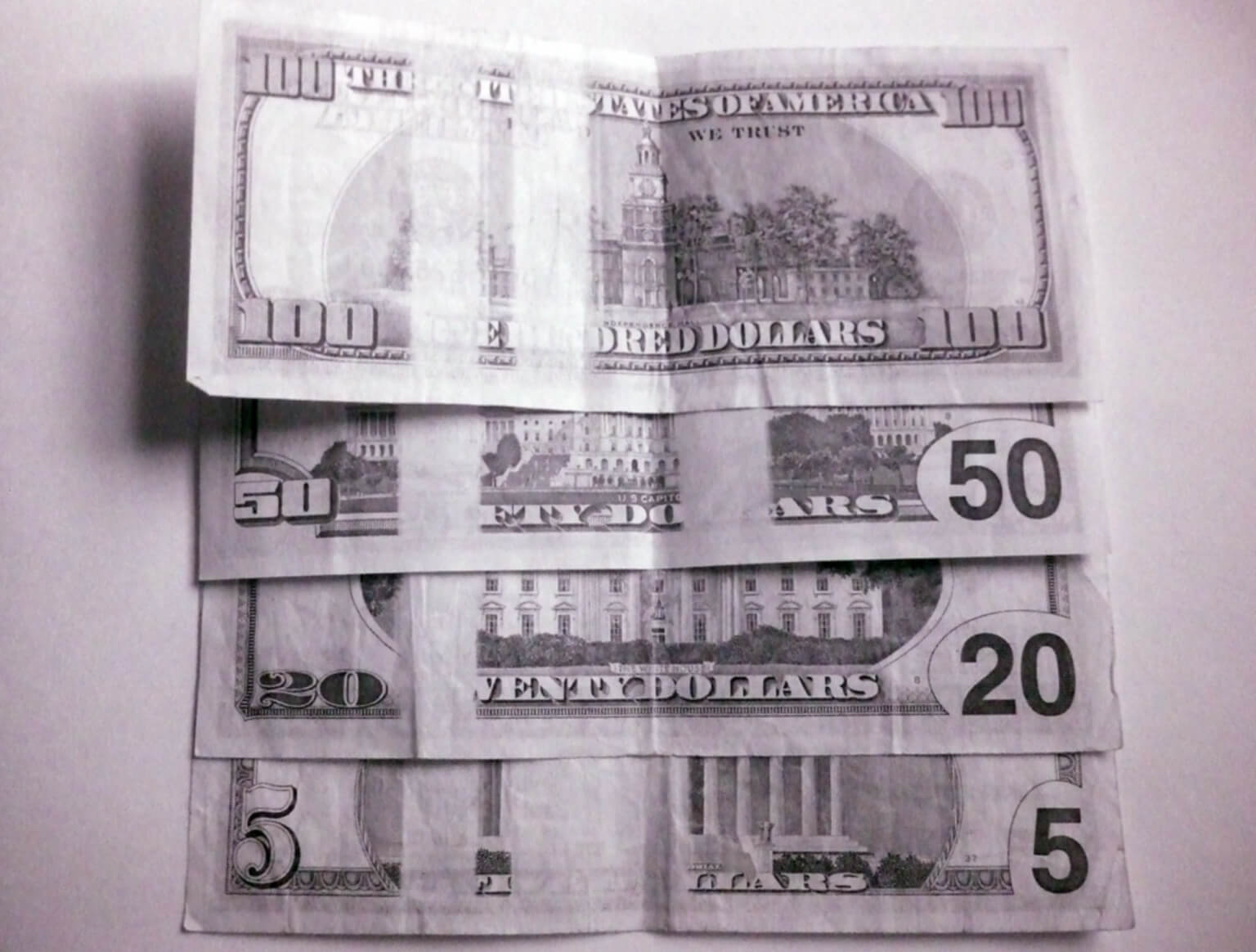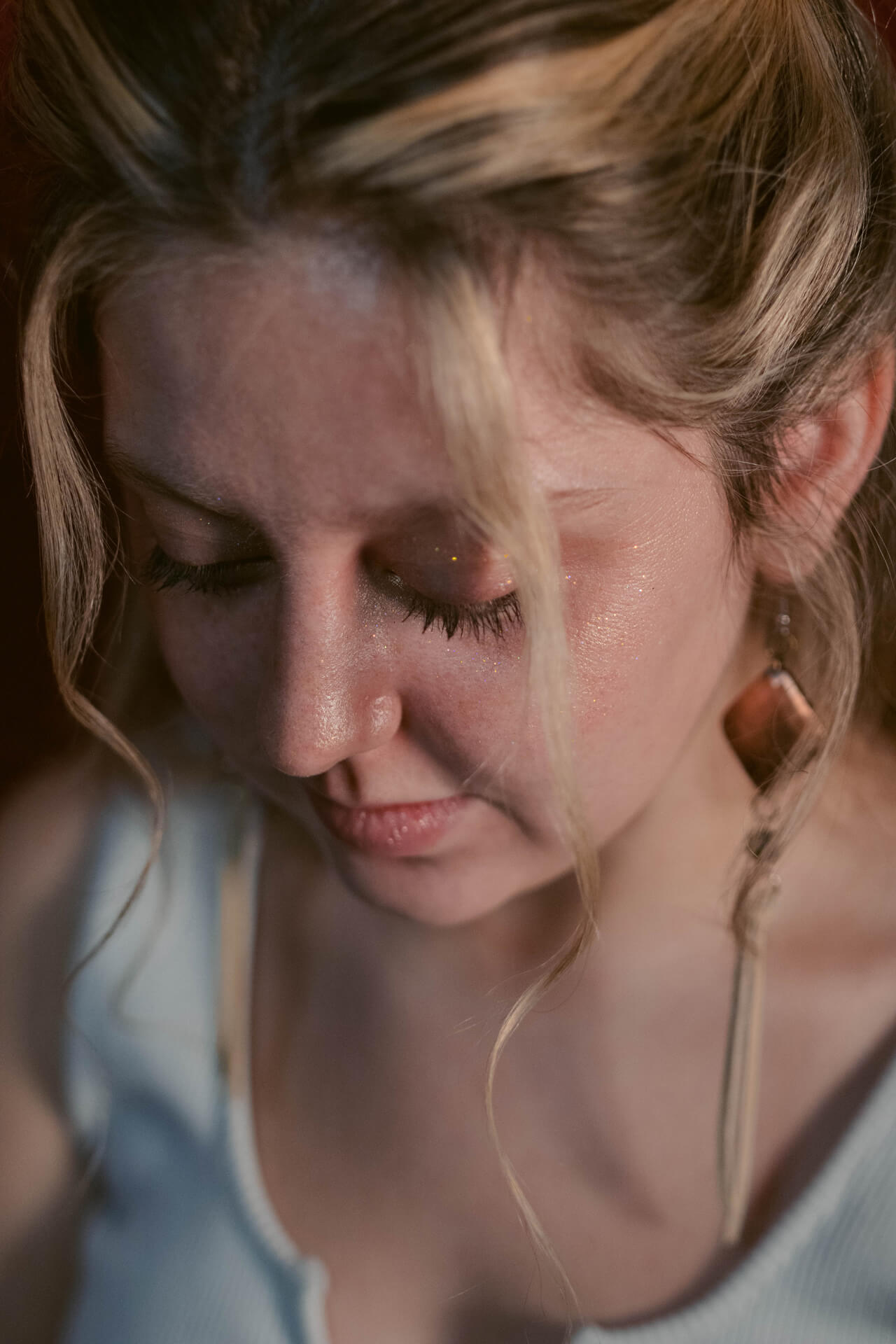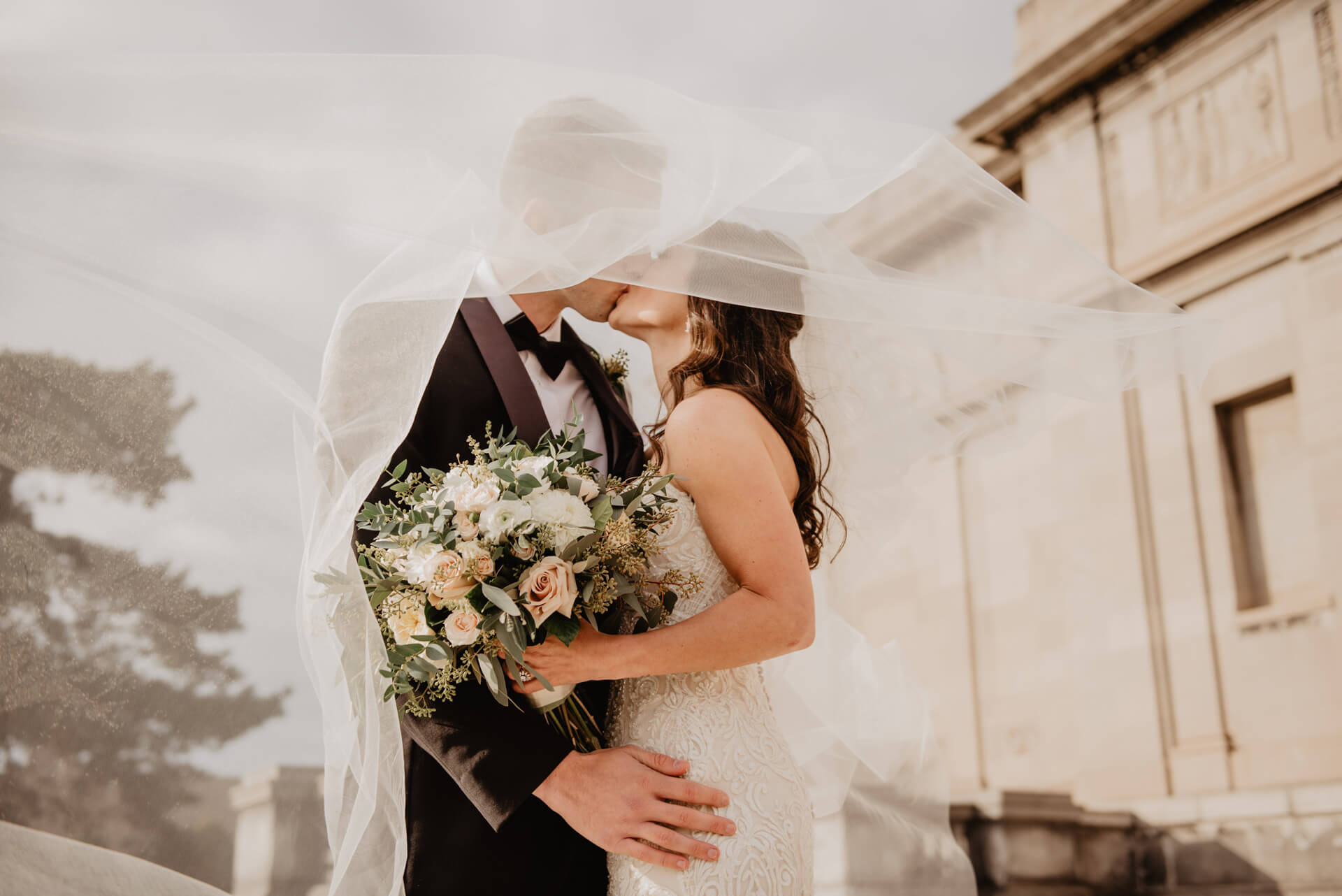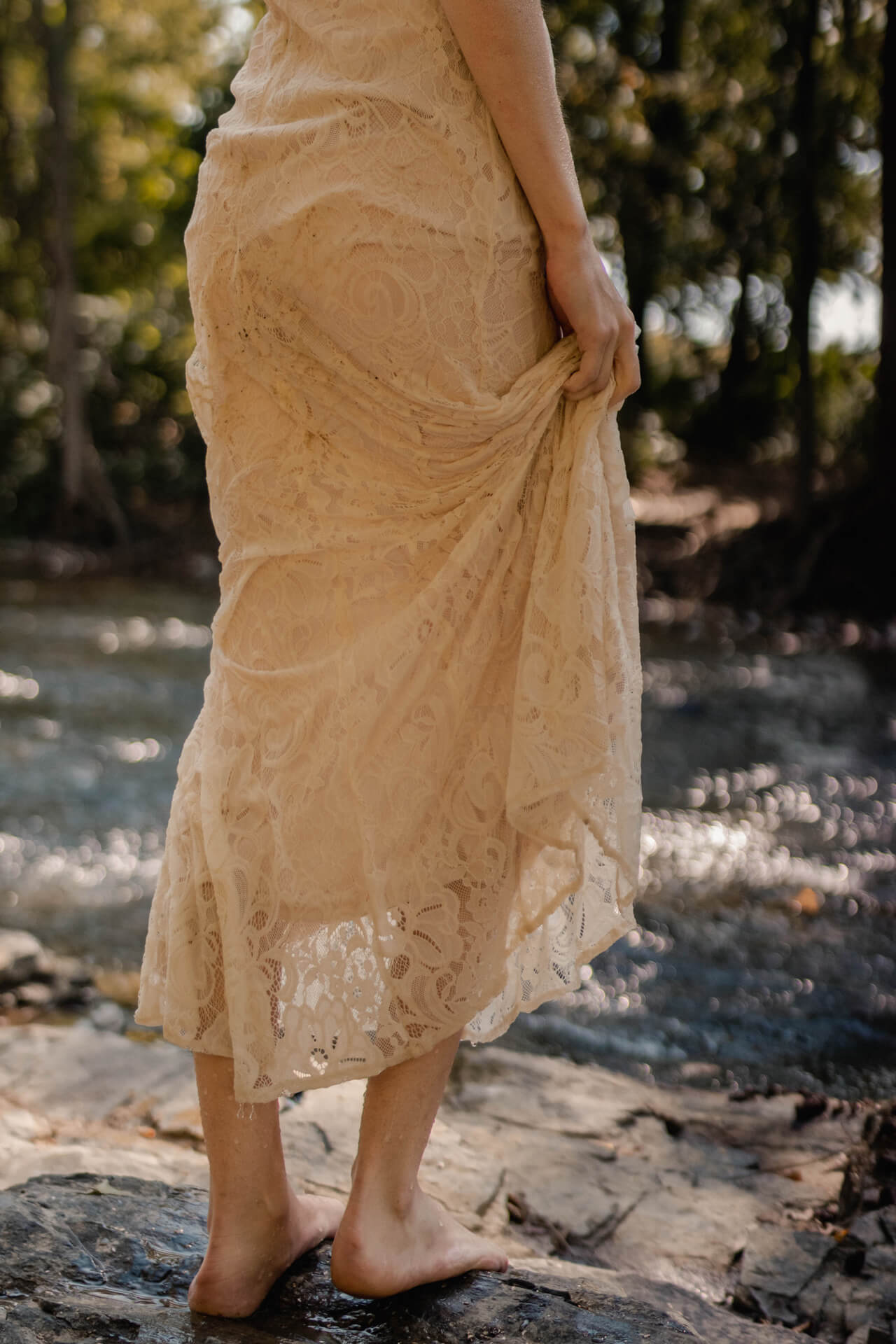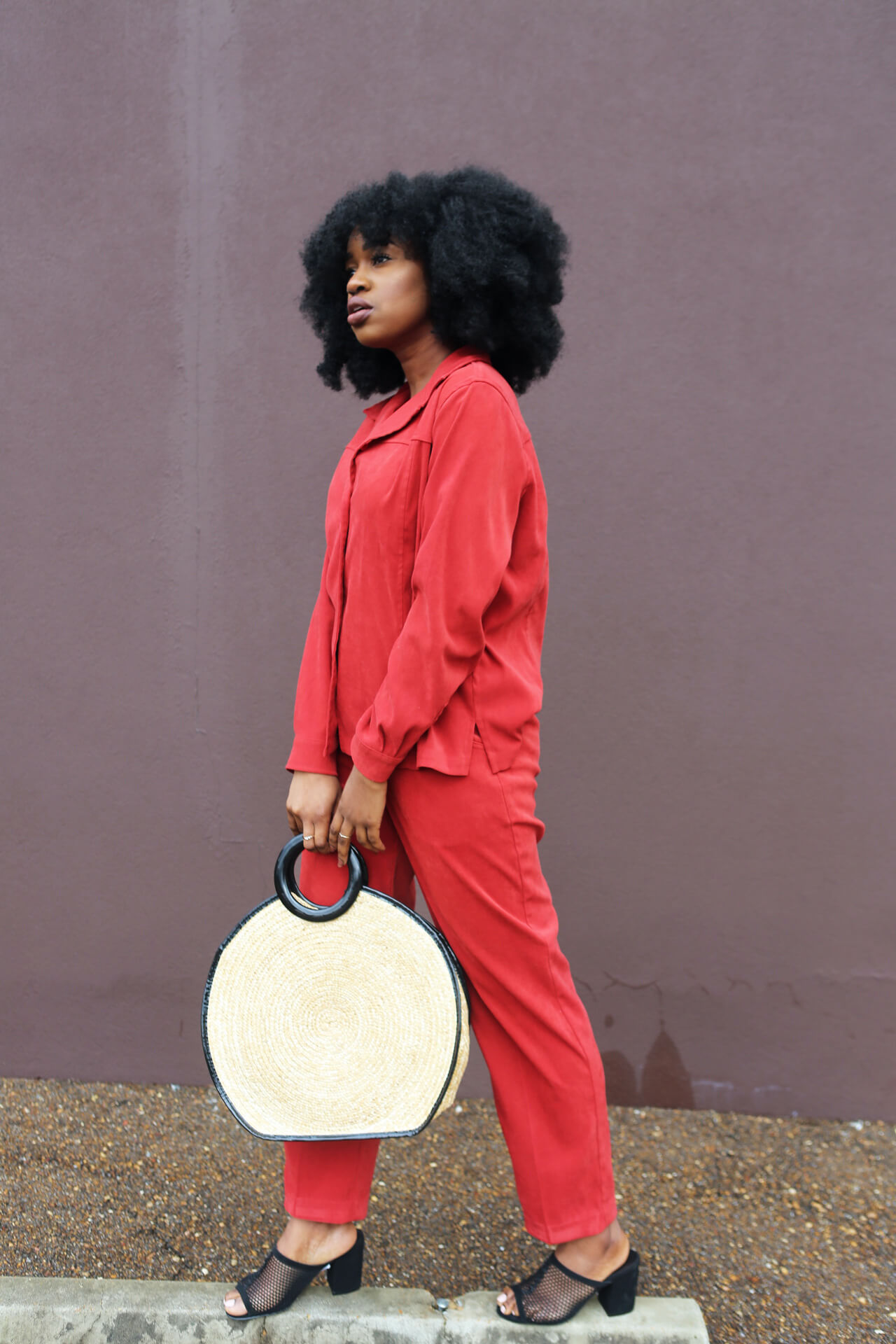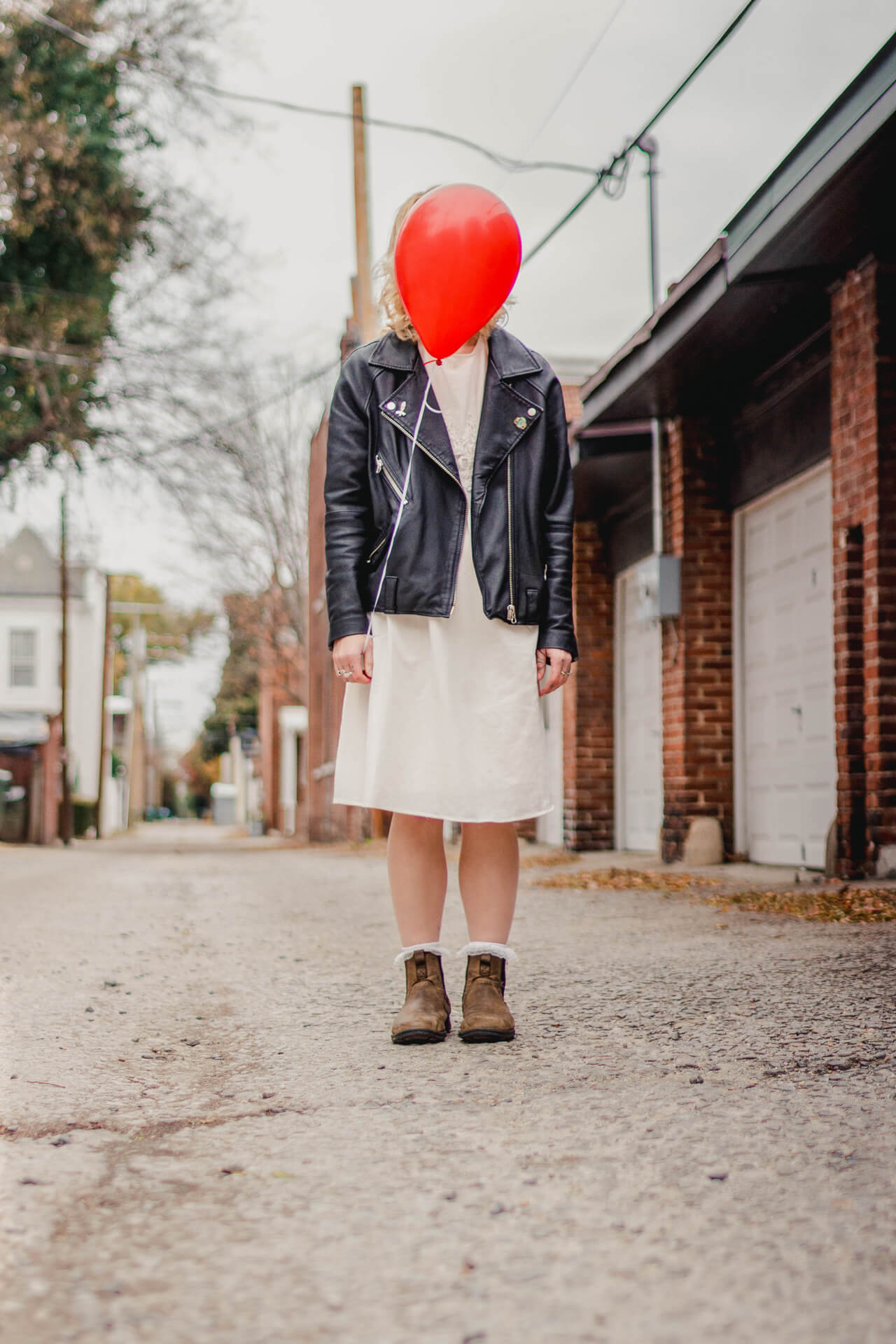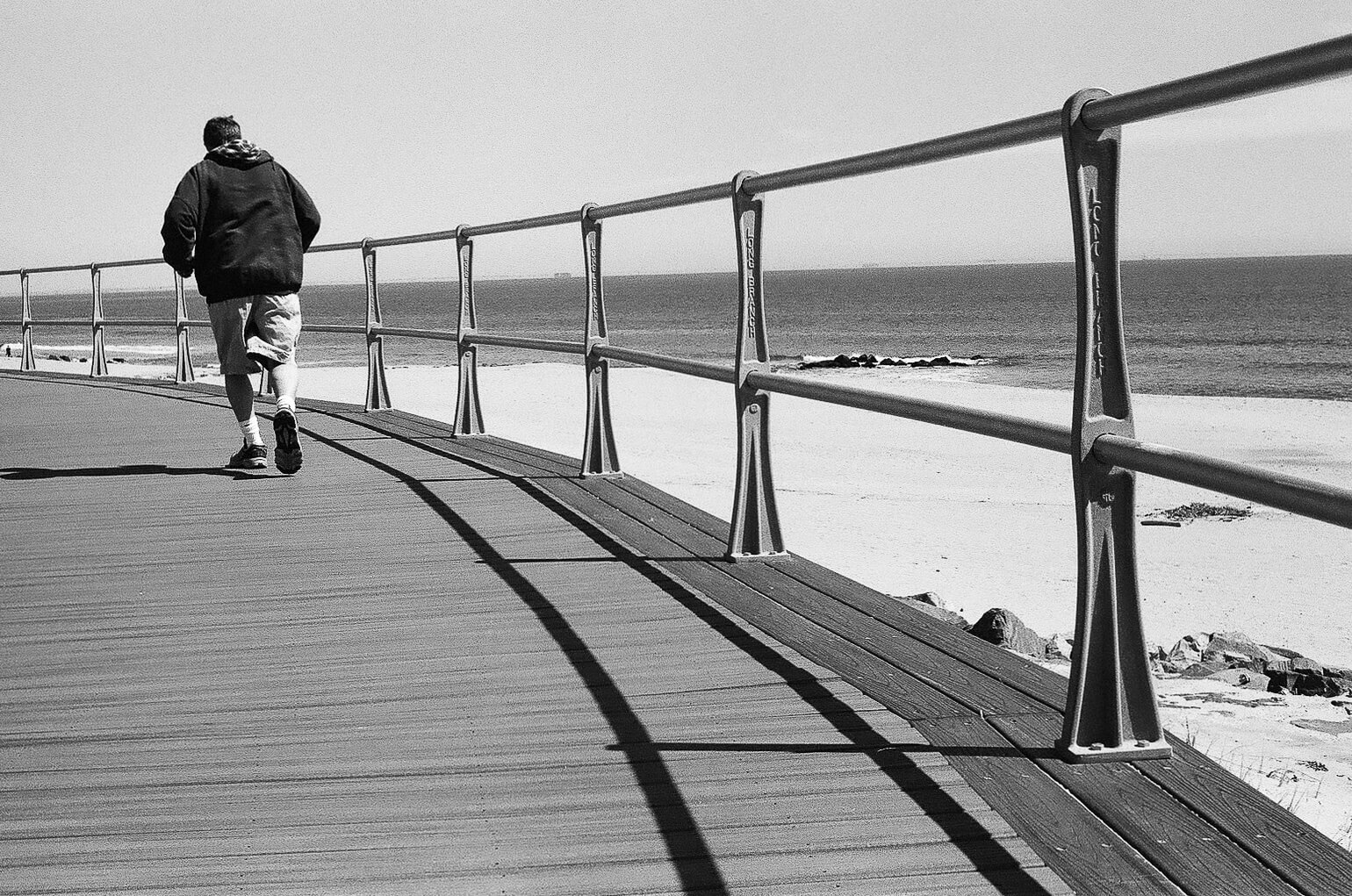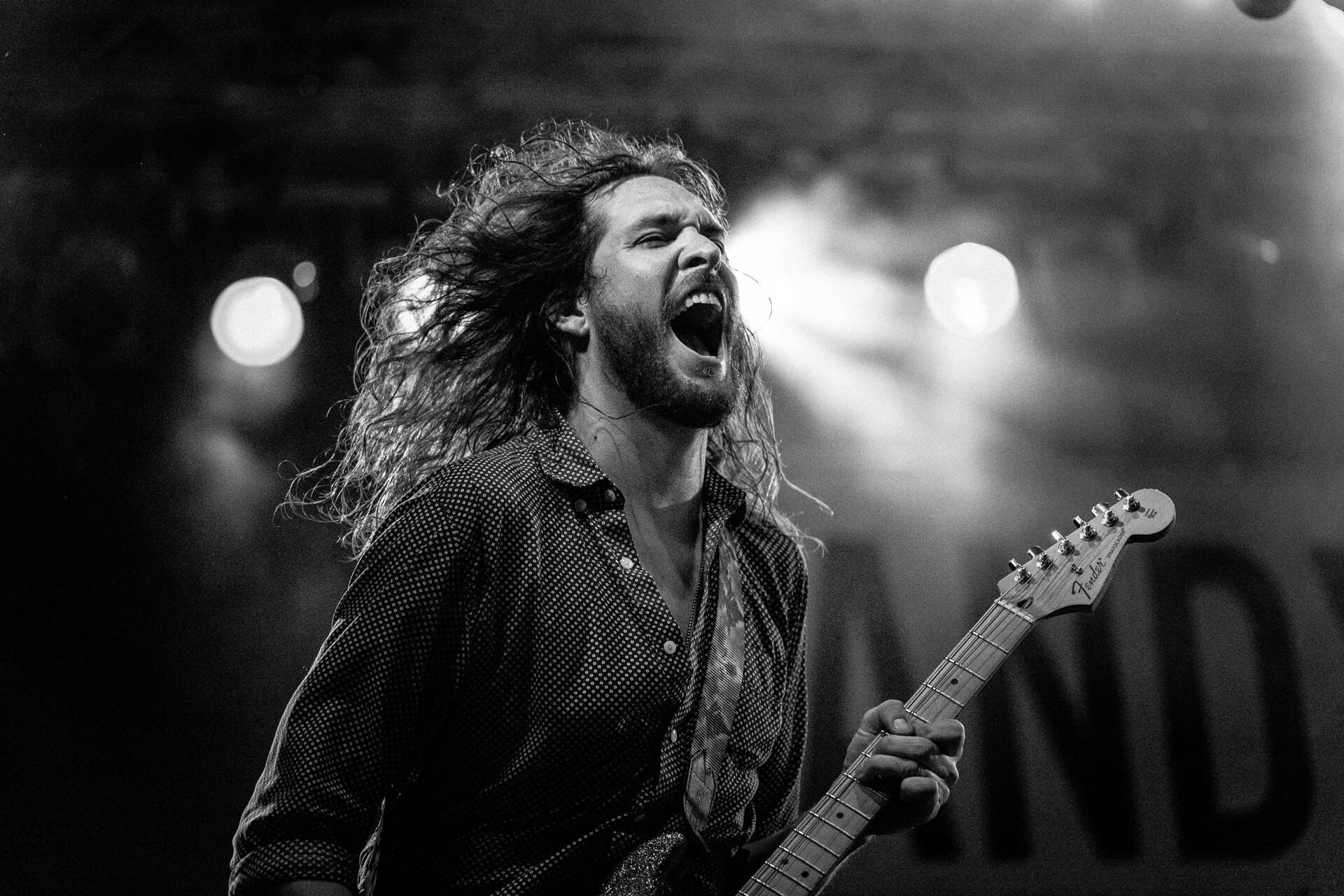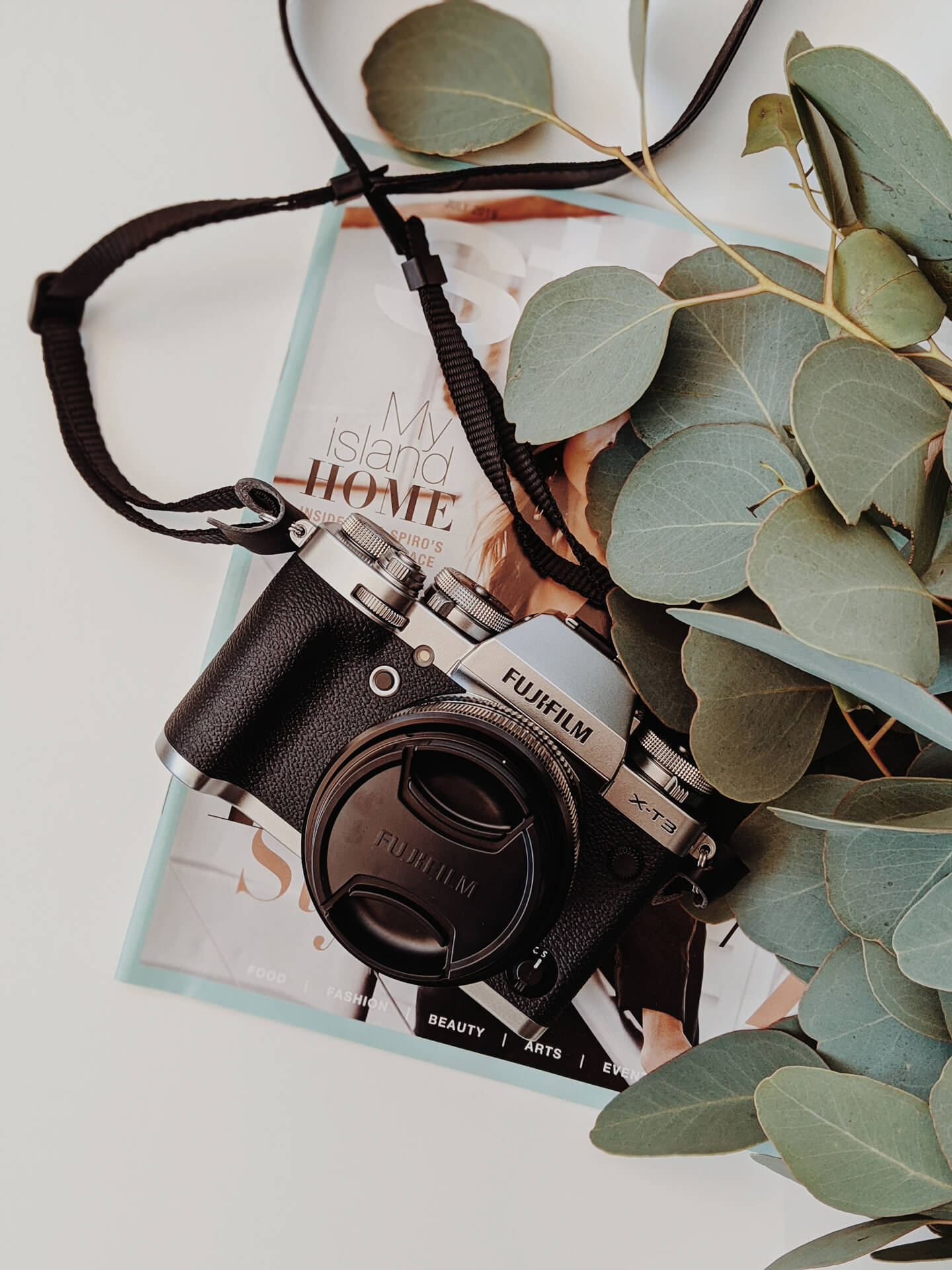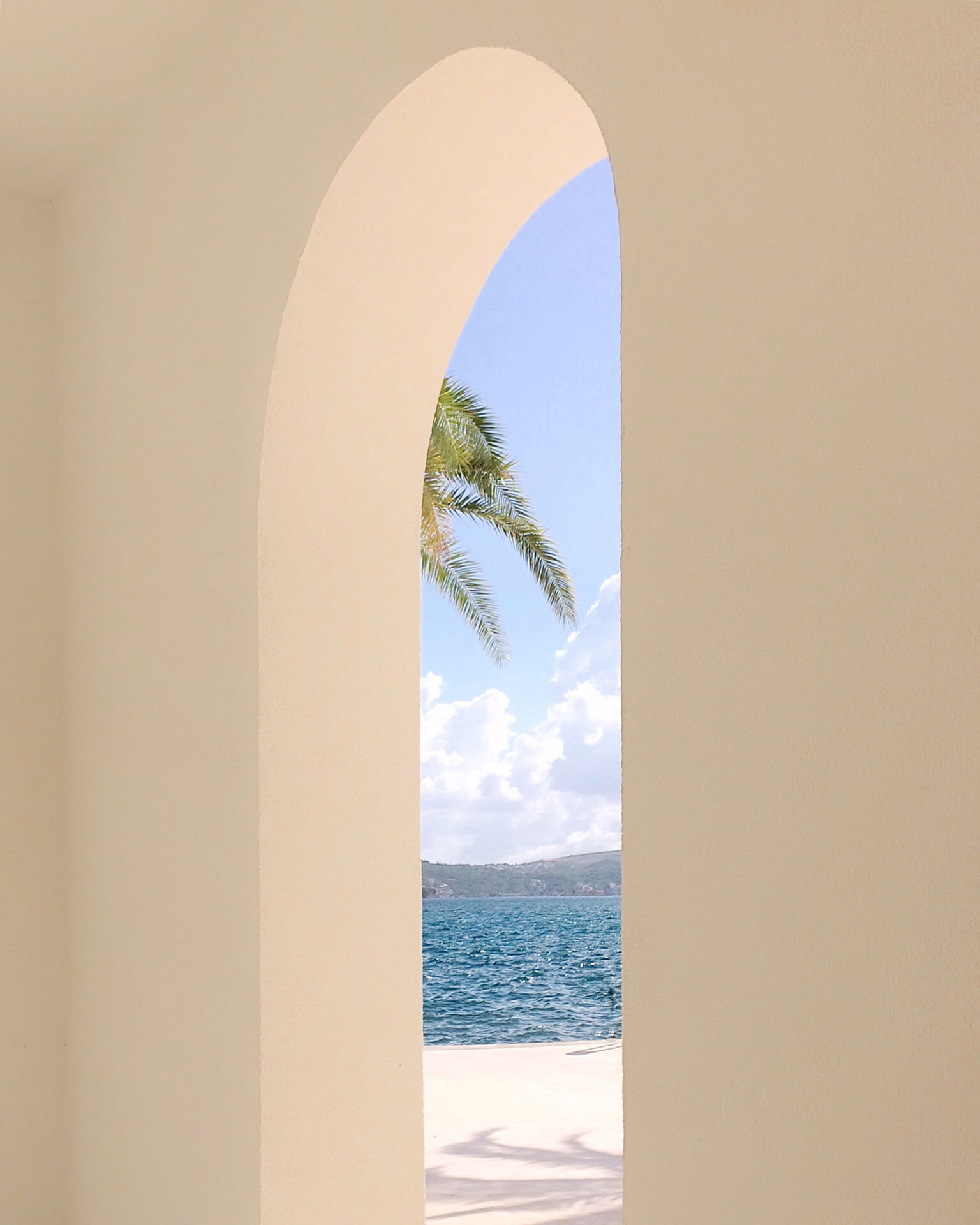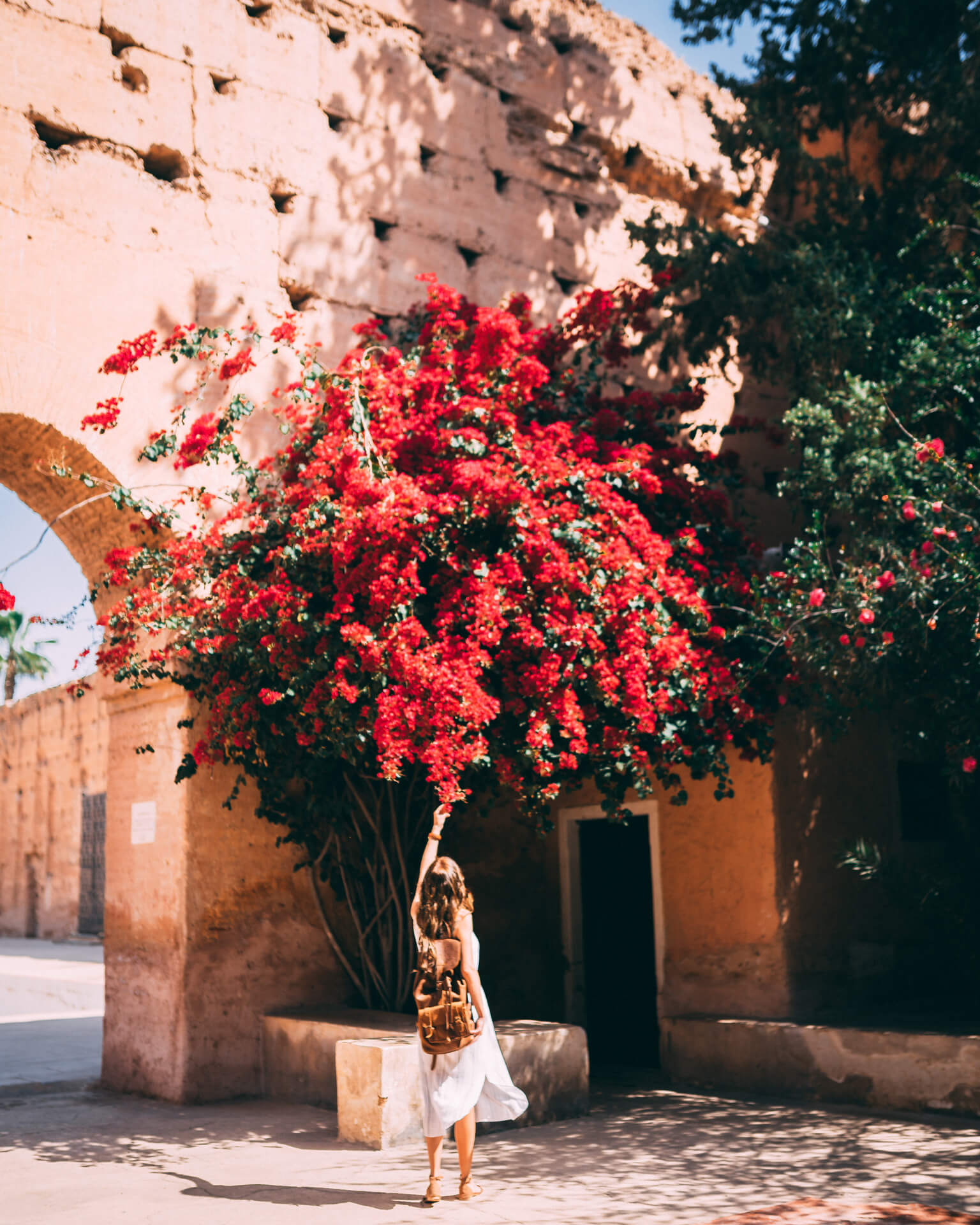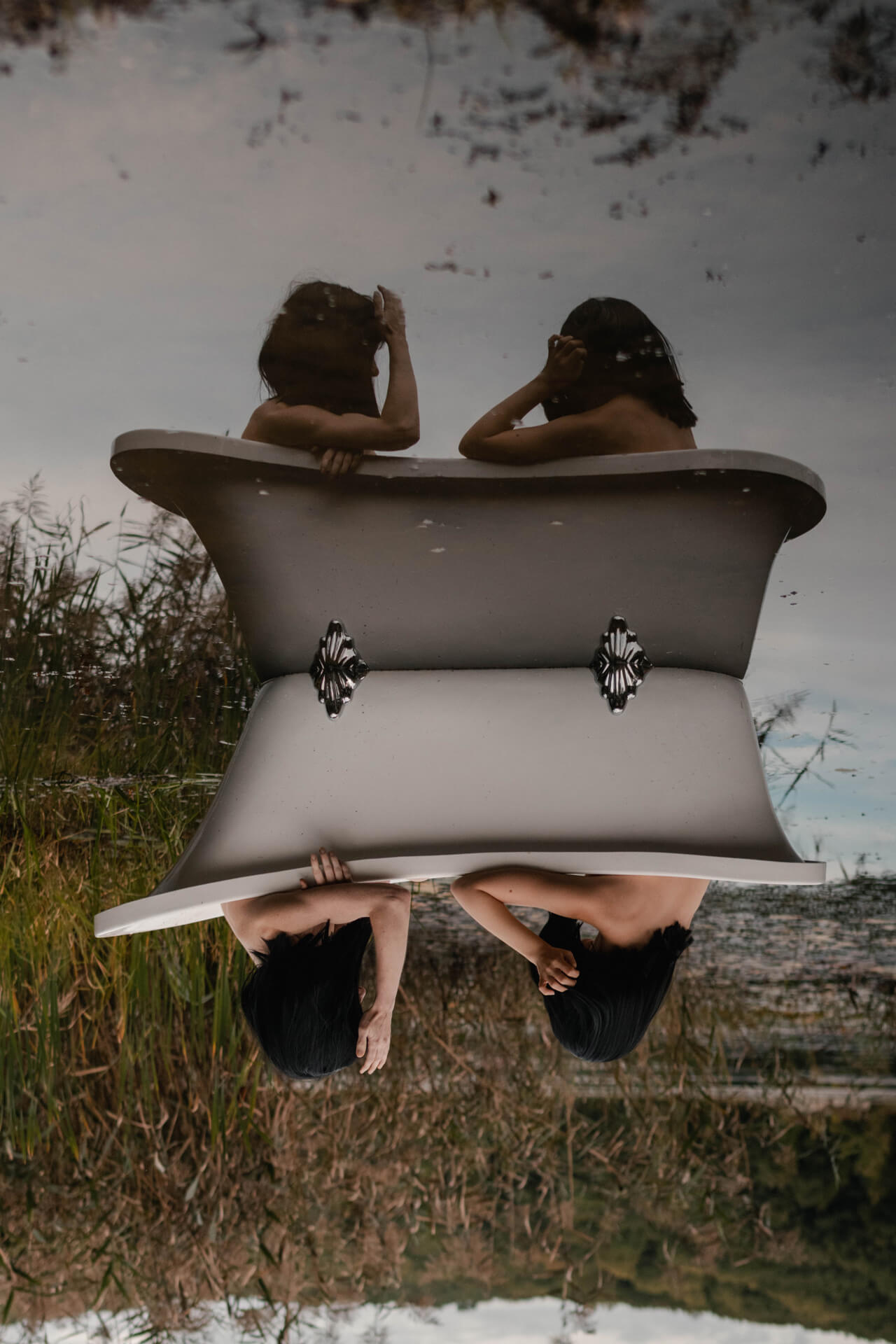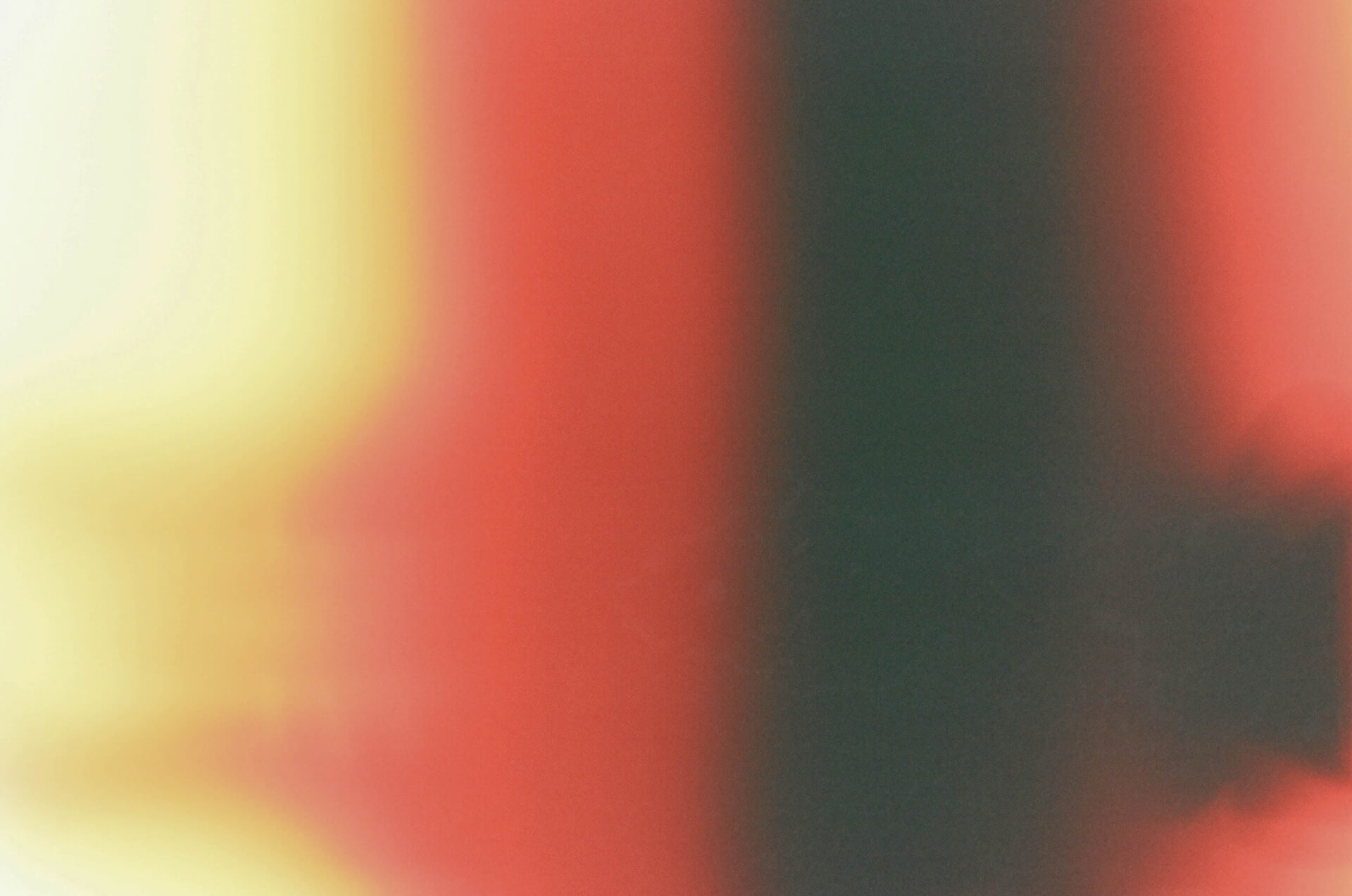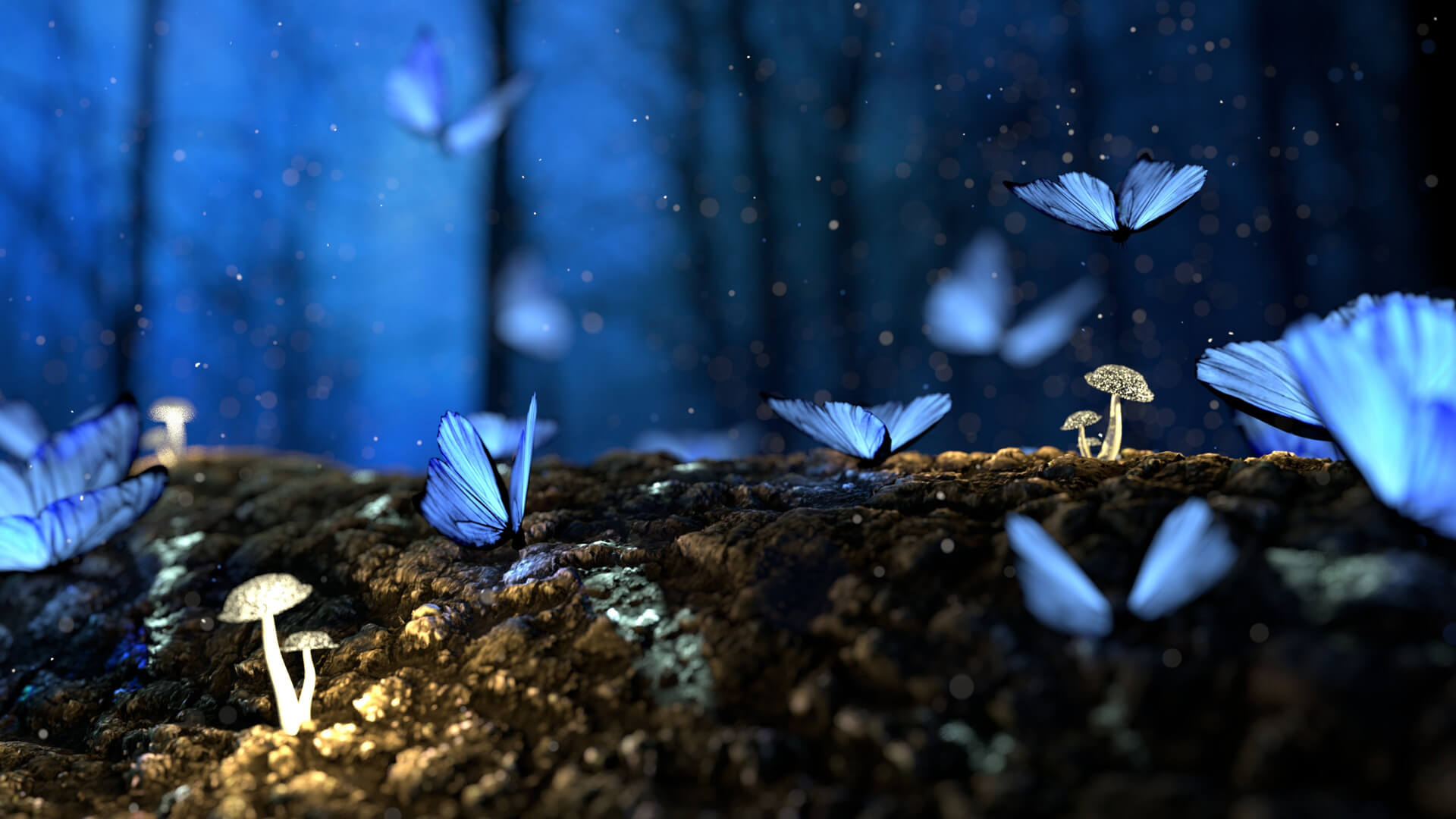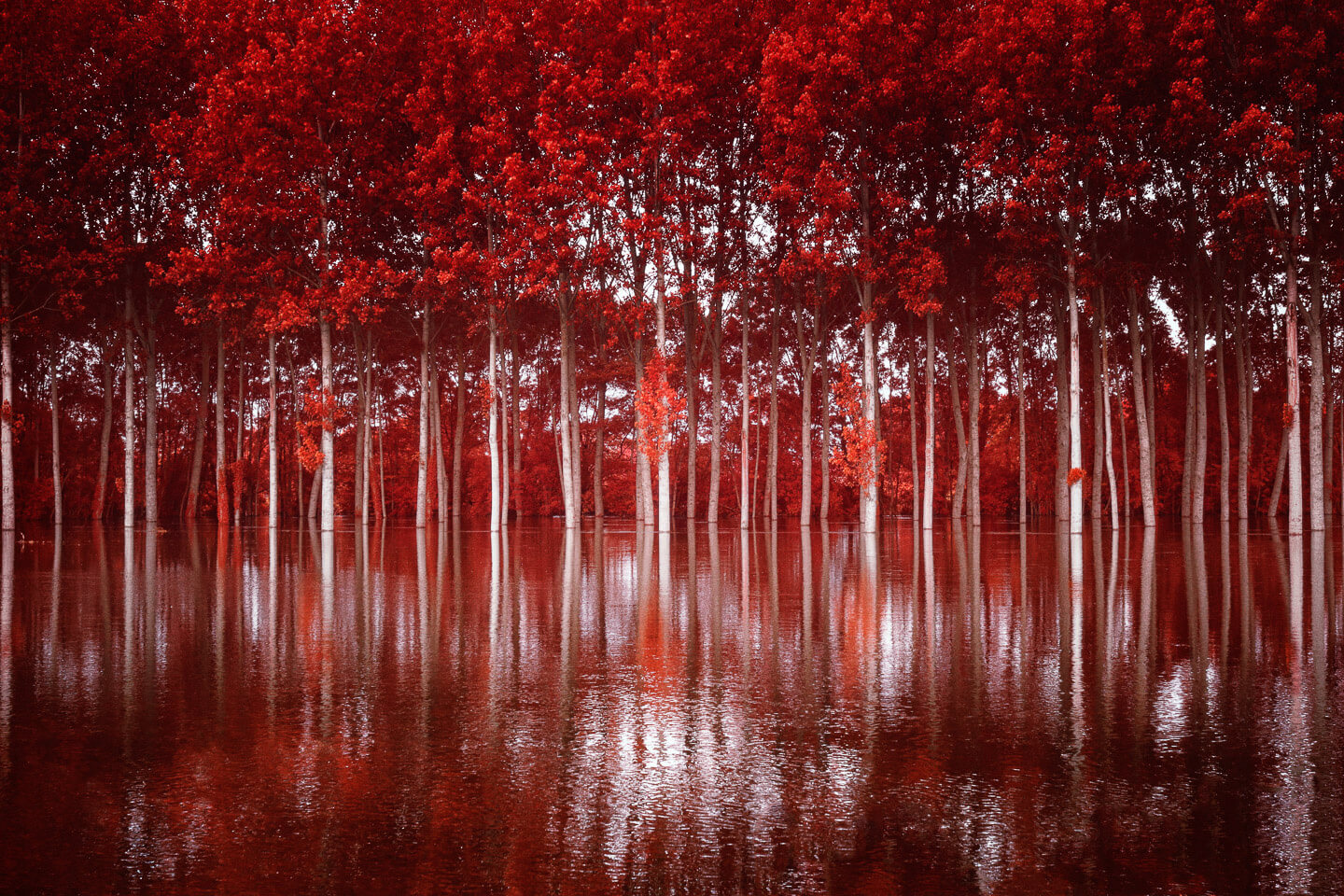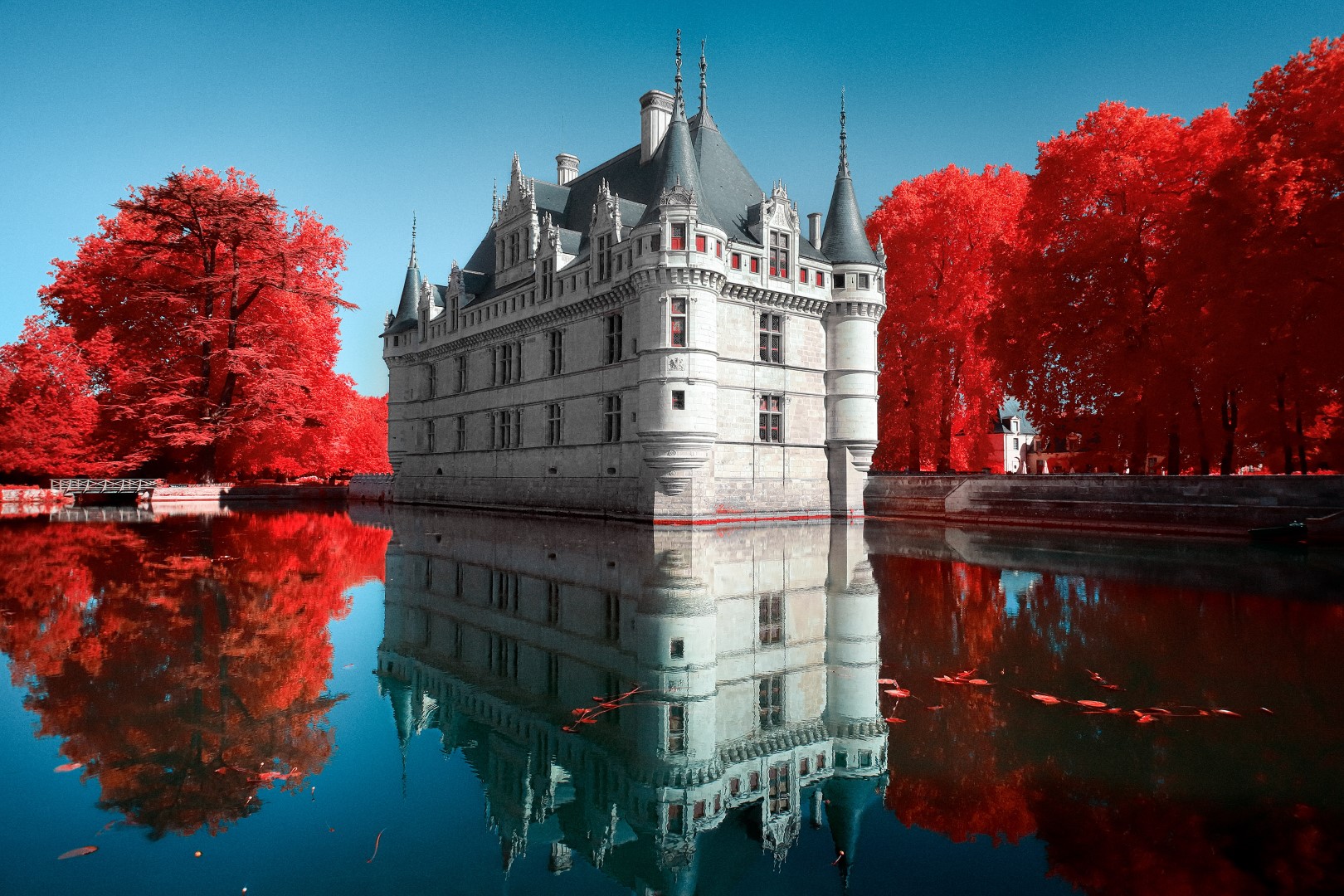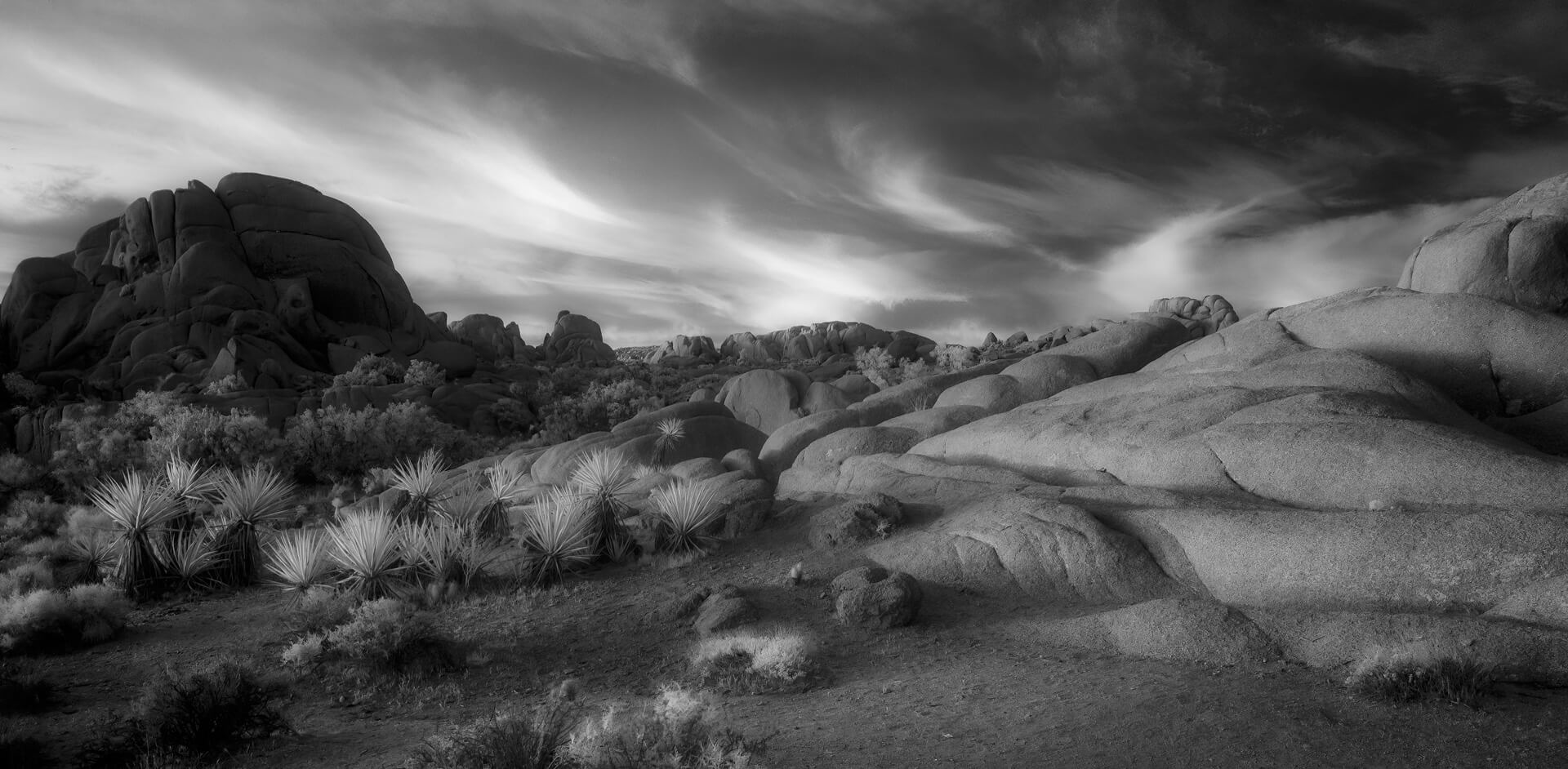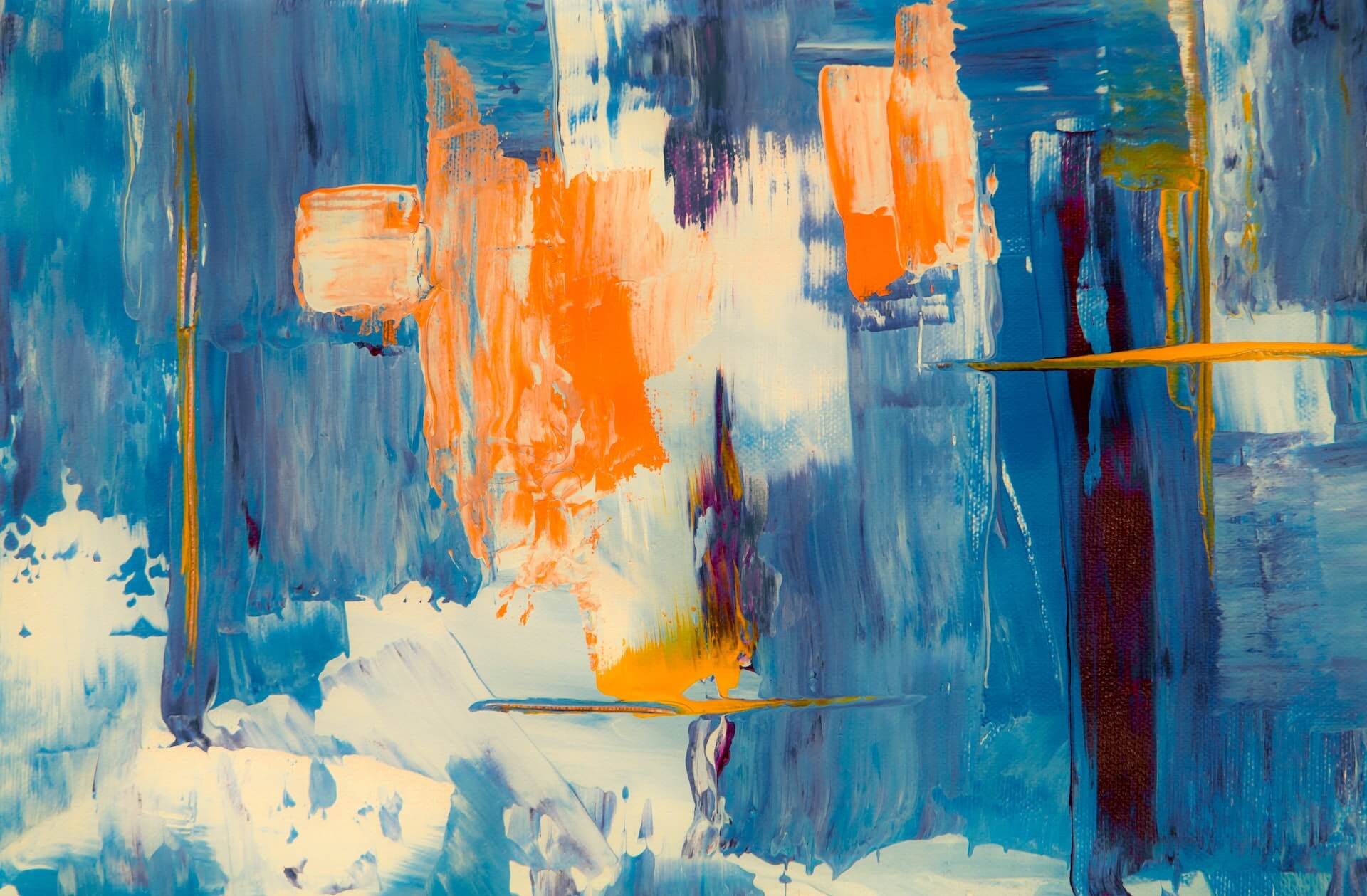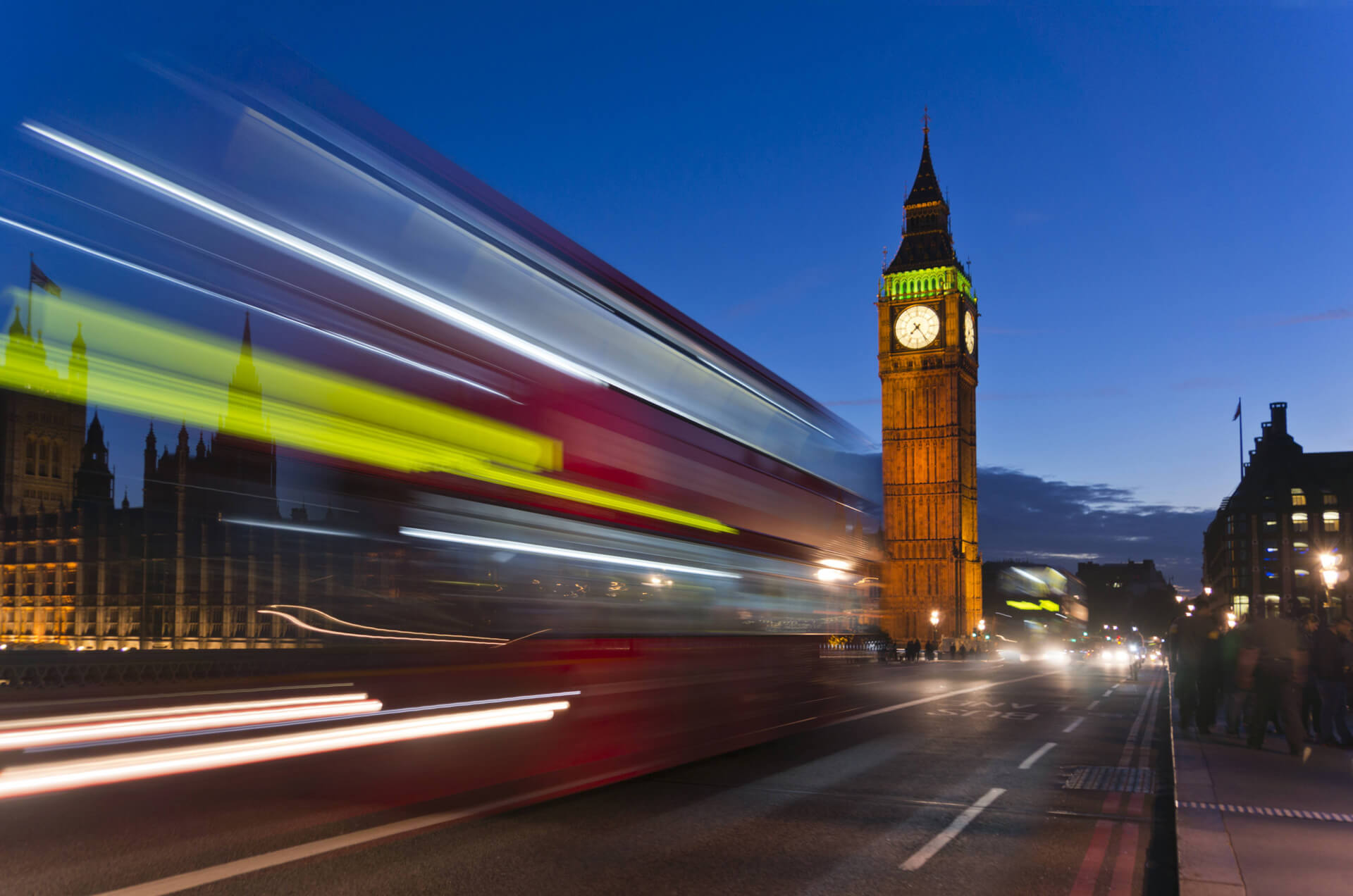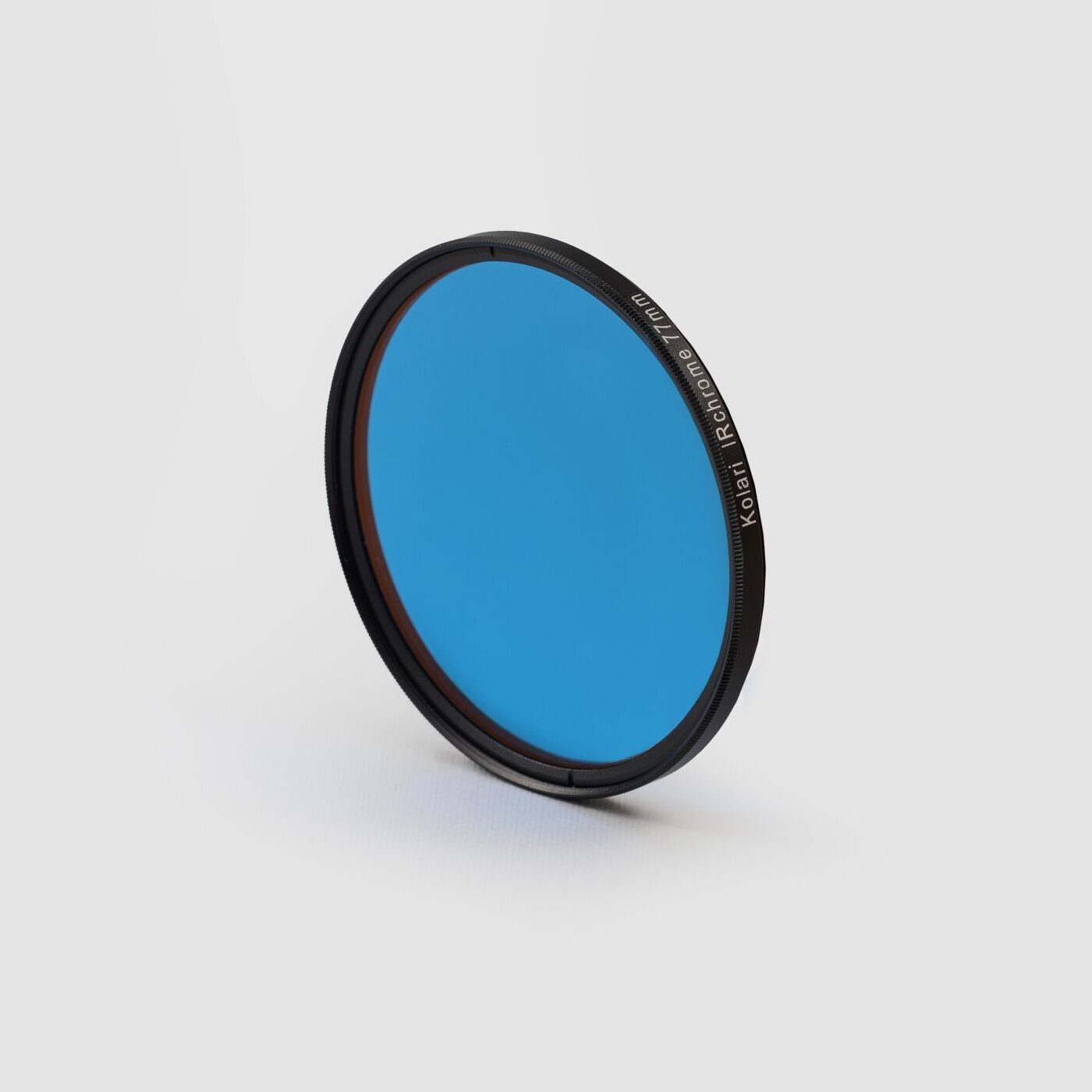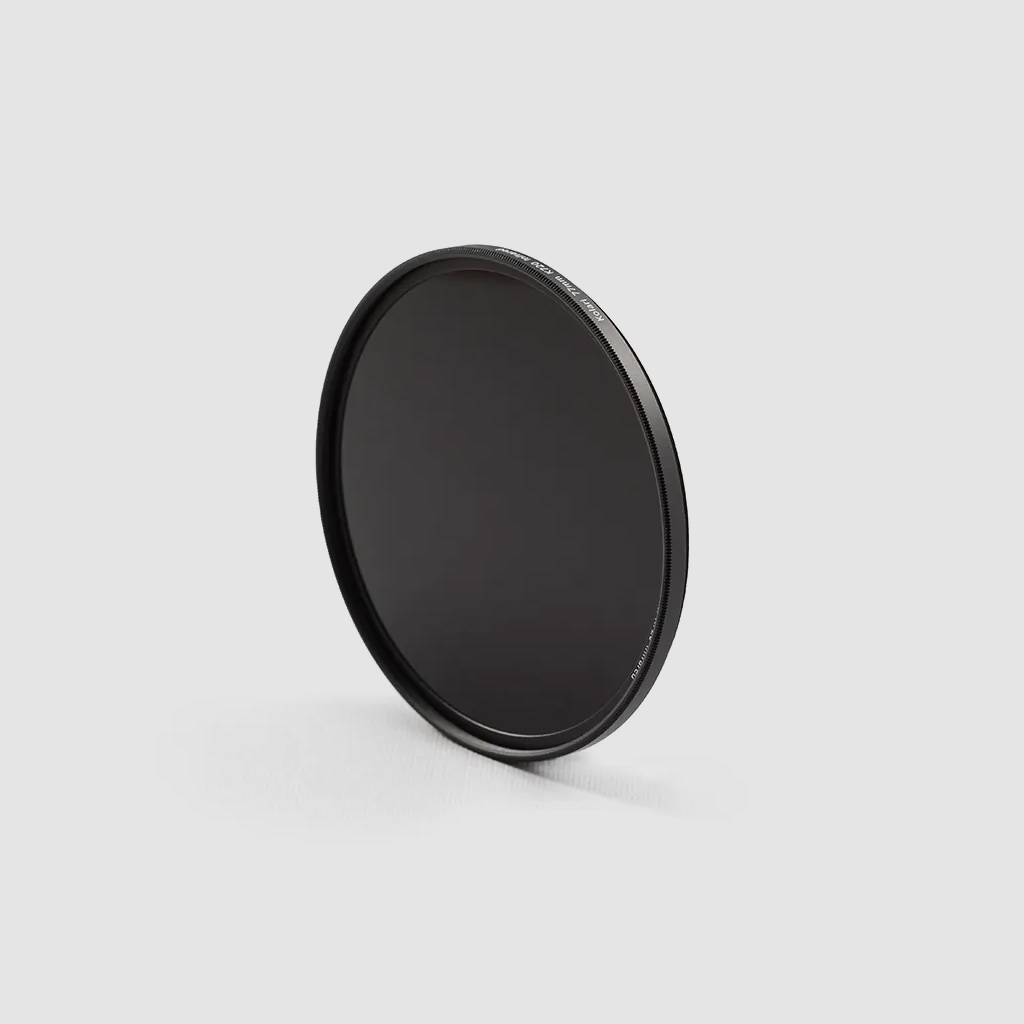The world of photography is as vast as the sea, and there are just as many creative paths one can take within the photography industry. From hobbyist to professional, there are a multitude of genres that fall under the umbrella of “photography.” In this article, we are going to discuss different types of photography.
Table of Contents
Spectrums
While they aren’t seen as popular genres of photography, infrared and ultraviolet photography are niches that deserve more recognition. The genres mentioned below are most often shot in the visible spectrum, but many of them can also apply to the IR and UV spectrums.
Visible:
Visible light is the part of the electromagnetic spectrum visible to the human eye. This is the range of wavelengths from about 400nm-700nm. This is the color spectrum we are used to seeing–red, orange, yellow, green, blue, indigo, and violet. All normal color photography is shot in the visible spectrum.
Infrared:
Infrared, or IR, photography is a look into the invisible world. The infrared spectrum consists of wavelengths beyond 700nm. Infrared photography can be done with infrared film or a digital camera and typically involves near-infrared light. This differs from thermal infrared, which is further out in the infrared spectrum.
Infrared photography has a strong appeal in the fine art sector as it produces distinct effects and surreal colors. IR is utilized primarily for landscape photography to create otherworldly scenes, but it can be used in many other genres for a unique creative effect. In most cases, digital IR photography requires a modified camera to get results.
Additionally, infrared has several uses in more technical fields. Since many materials and dyes look different in IR than in visible light, it can be used for agricultural analysis, forensics, game hunting, art conservation, document recovery, spotting camouflage, detecting counterfeit money, and much more.
Check out our resources here if you’d like to learn more about infrared photography.
Ultraviolet:
Ultraviolet, or UV, photography also captures light that is invisible to the human eye but on the opposite side of the spectrum from IR. The UV spectrum exists in the wavelengths below 380nm. UV photography is possible with a full-spectrum converted camera, a UV Bandpass filter, and a UV-compatible lens.
Ultraviolet light impacts the environment differently than infrared or visible light. UV photography can be used as another unique artistic effect with many of the genres below, but it can most commonly be found in analytic and scientific applications such as dermatology and forensics.
To learn more about UV photography, explore our resources here.
Genres
There are so many different genres of photography that it can be overwhelming to think about. However, these labels can make it easier to categorize yourself and your work, even if it doesn’t neatly fit into one of these categories. Hopefully, this list can expand your imagination of what’s possible and perhaps inspire you to try out something new.
Nature:
Wildlife Photography
Wildlife photography can be intense and require an immense amount of patience. It can range from photos of birds and everyday city-dwelling animals to wild, dangerous, and exotic animals of remote areas. Various animal species can be found anywhere, meaning the opportunities for wildlife photographers are endless.
Macro Photography
Macro photography is capturing incredibly small creatures and objects. It is most commonly used for photographing bugs and flowers, but it can be used to capture many other things as well. Small objects and details can often be overlooked, but macro photography brings attention to them and offers a new perspective.
Underwater Photography
Taking photos underwater is not easy, but when done right can produce some remarkable images. Underwater photography can encompass many other genres such as wildlife, macro, documentary, scientific, or even portrait, depending on the location and subject.
Astrophotography
Astrophotography is the photographing of celestial objects and phenomena. This can include photos of the night sky, the Milky Way, and deep space. Another popular form of astrophotography is the astro landscape. Unlike deep space photography, astro landscapes consist of night landscapes illuminated or silhouetted by a Milky Way backdrop.
Pet Photography
Pet photography is something of a cross between wildlife and portrait photography. Pets are generally more tame and posable than wild animals, but we don’t always have as much control over them as we do with people. Similar to portraits, the goal of pet photography is often to capture the essence or personality of the subject.
People:
Portrait Photography
Portraiture is a broad genre that hosts several others within it. Portrait photography can range from artistic to practical, editorial to commercial. In its broadest sense, portraiture is any photograph in which a person is the subject. More definitively, the aim of a portrait is often to tell a story or showcase the subject’s soul. Of course, this isn’t always the case, but it is undeniable that the ones that portray this are the most impactful.
Wedding Photography
Wedding photography is a cross between portrait and event photography. A wedding is one of the most important events in many people’s lives, and the ceremony and party offer only one chance to get it right. Weddings are overflowing with emotions, which a photographer has a great responsibility to capture without missing a beat.
Documentary Photography
Documentary photography aims to document an event, a person, a place, a culture, or a moment. This can range from newsworthy to informative or serve as memories for the people the images have meaning to. Photos from a war zone and photos of your kids growing up are two opposite sides of the documentary spectrum, but both can be equally as powerful under the right circumstances. Documentary photography can be very straightforward, or it can be artful and evoke a strong emotional response.
Sports Photography
Sports photography can be big sporting events or a parent photographing their kid’s soccer game. It can also include adventure-based photography, such as rock climbing, kayaking, or snowboarding. Sports photography is fast-paced and requires both lightning-speed skills and gear.
Fashion Photography
Fashion photography is similar to portrait photography, but the goal is to sell clothes. This often involves creating a story around the clothes. The best fashion photos don’t just sell clothes but rather the brand’s lifestyle. Fashion photos are used mainly for brand campaigns, advertisements, marketing materials, and social media content.
Editorial Photography
Editorial photography is planned and story or concept-driven. It is often more artistically focused in its style. Editorial photographs typically appear in a publication such as a magazine. They can accompany an article to assist the narrative or stand alone to tell their own story.
Street Photography
Street photography is a very popular genre of photography. Street photographers wander around common areas of a city to capture slices of life. Good street photographers know how to find beauty and meaning in mundane everyday scenes that the rest of us would likely pass by without a thought.
Event Photography
Event photography covers so many different types of events. Other than weddings, there are parties, concerts, festivals, parades, corporate events, and many other celebrations. Event photography can be unpredictable, but it is the photographer’s job to capture important moments. The best event photographers are able to capture the emotions of the people at the event so viewers can relive the moment.
Manmade Objects:
Product Photography
A sub-genre of commercial photography is product photography. While commercial photography aims to showcase products within a brand’s lifestyle, product photography is generally more focused on showcasing the specific details and features of the product itself. Product photography is typically conducted in a studio with careful lighting, but it can also be done on location, depending on the brand. These photos are often used as product images on the brand’s website.
Food Photography
Another sub-genre of commercial photography is food photography. Food photographers photograph food for restaurants, bakeries, chefs, food trucks, etc., to be used in advertisements, marketing, menus, cookbooks, and social media. The goal is to make the food look as delicious as possible, which sometimes requires posing the food or even using artificial substitutes to make it look more appealing.
Still Life Photography
Still life photography is photographing objects deliberately arranged in a manufactured scene. This can include ring photos at a wedding, flat lays, or aesthetically pleasing desk arrangements. Still life photography can be virtually anything, even boring everyday household objects, arranged in a way that looks nice.
Architectural Photography
Architectural photography can be cityscapes, buildings, and construction. These images can be wide to encompass most or all of the scene, or they can move in closer to draw attention to specific details. Architectural photography often deals with many straight lines, which can be challenging to capture properly without skewing or distorting the architecture.
Other:
Fine Art Photography
Fine art photography overlaps with many photography genres, but it focuses less on reality and more on creating a piece of art. Fine art photography is a medium of creative expression to deliver the photographer’s vision as an artist. It is created to express an idea, a message, or an emotion.
Composite Photography
Composite photography consists of multiple different images combined to create one new image. This can be used to create wild, psychedelic scenes, or it can be used more subtly. Photographers can use composites for sky replacement, collages, focus stacking, fantasy scenes, and more.
Many photographs and photographic styles won’t fit into a single genre. Oftentimes, you’ll find they walk the line between several at once. Other times, you may find that they don’t fit into any genre at all. Whatever genre or spectrum your work does or doesn’t fall under, keep creating, keep exploring, and, most importantly, have a blast doing it.
Let us know your favorite type of photography to shoot in the comments!
Check out more content in our Education Hub.
To stay up to date on new releases and updates, subscribe to our newsletter.
